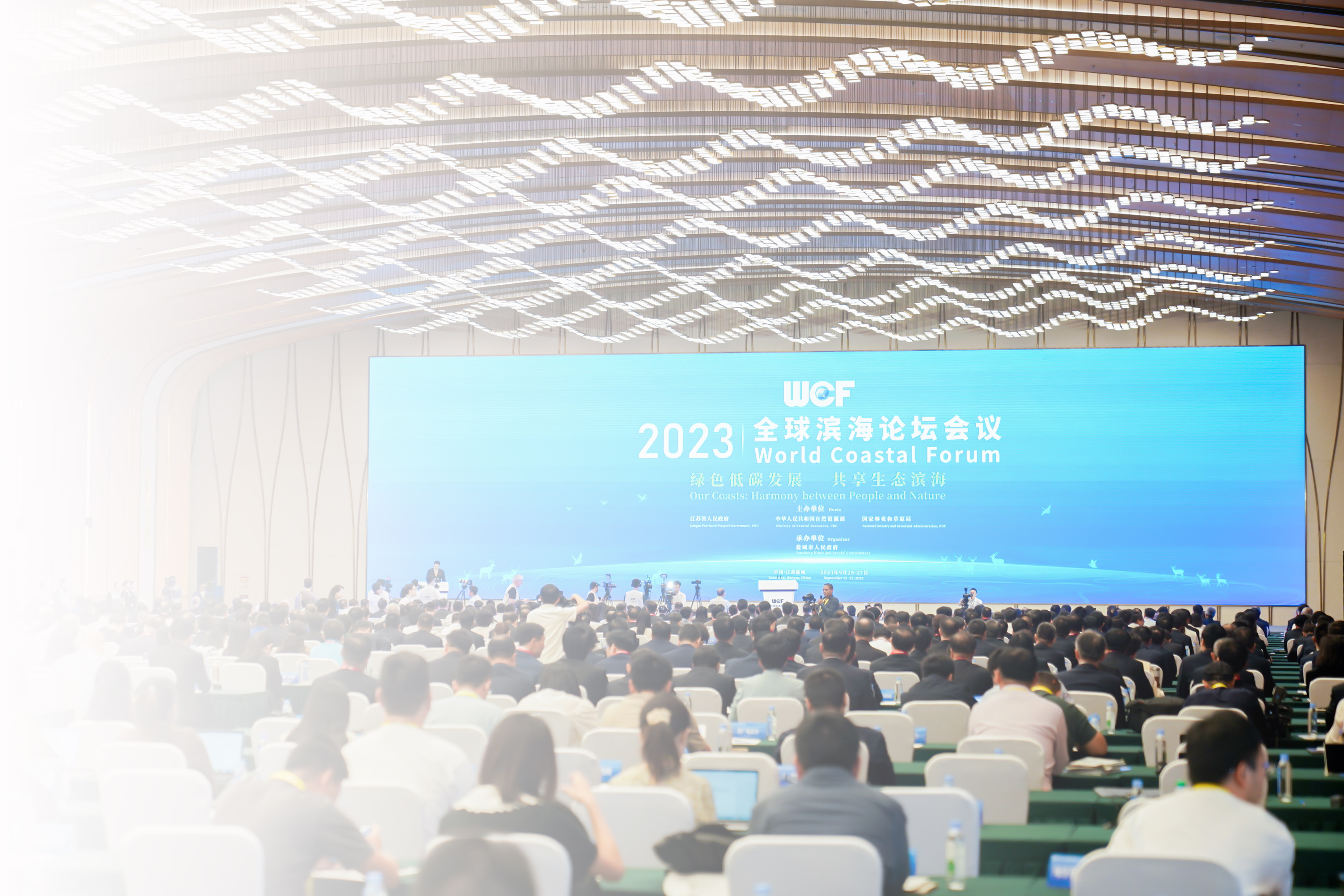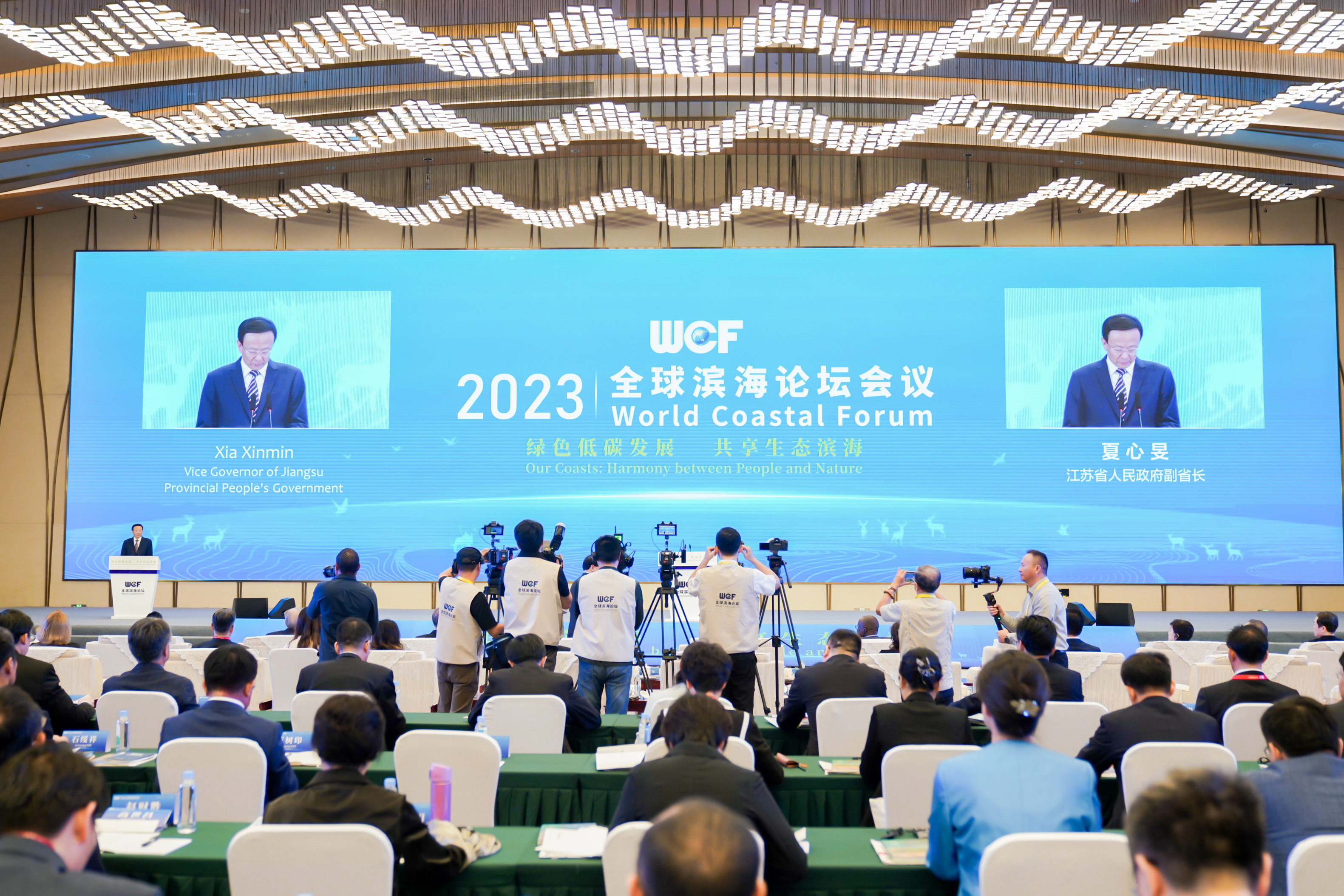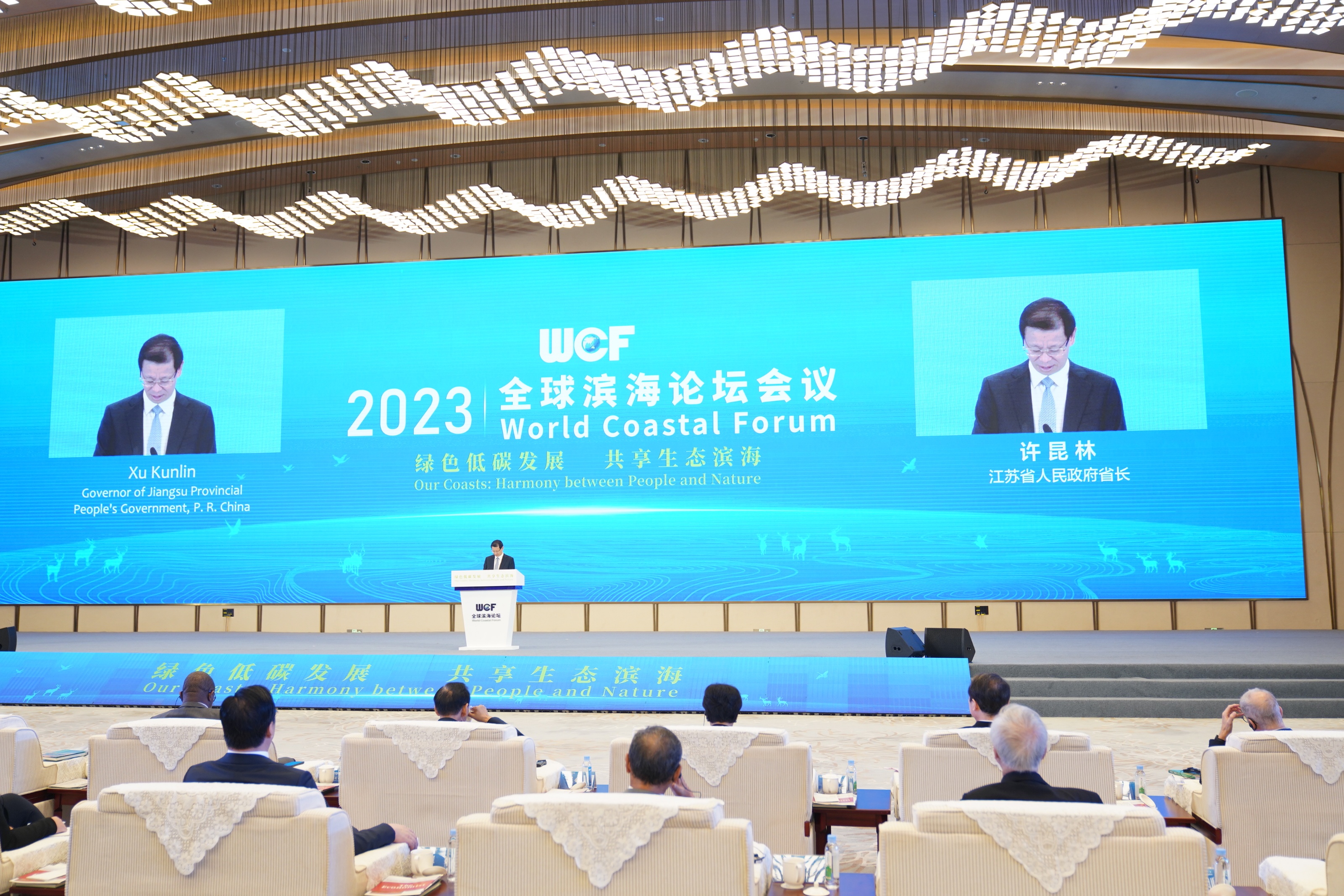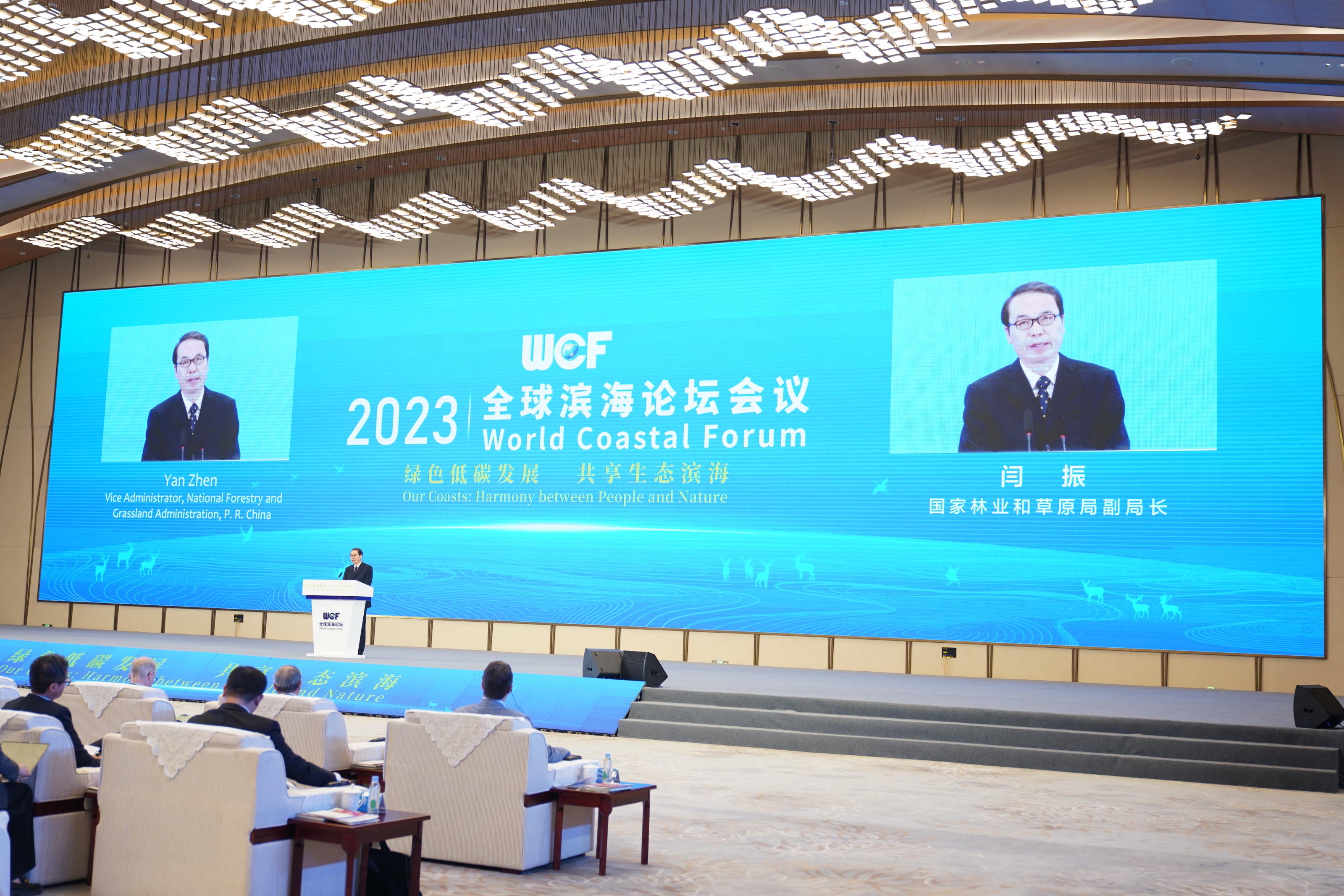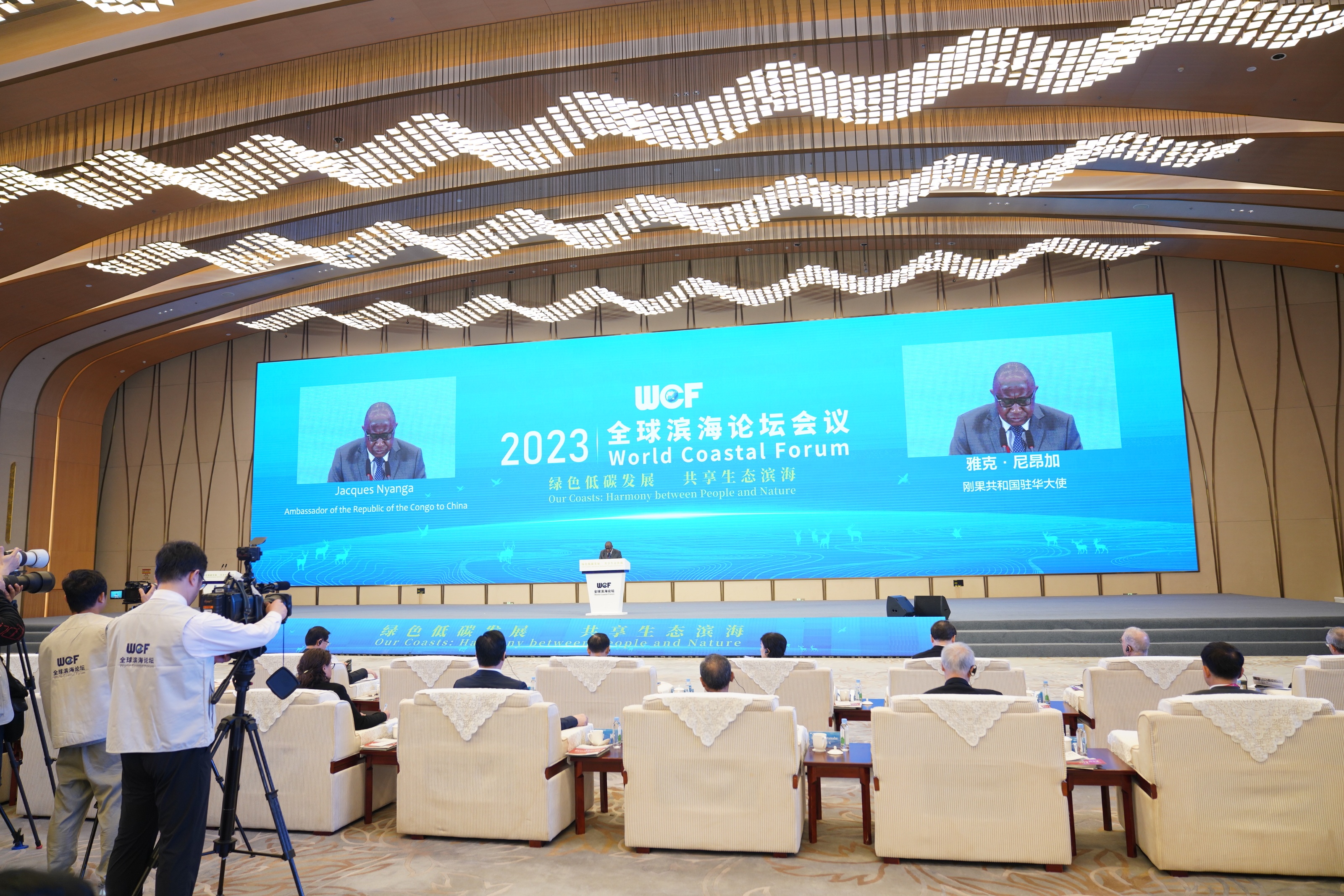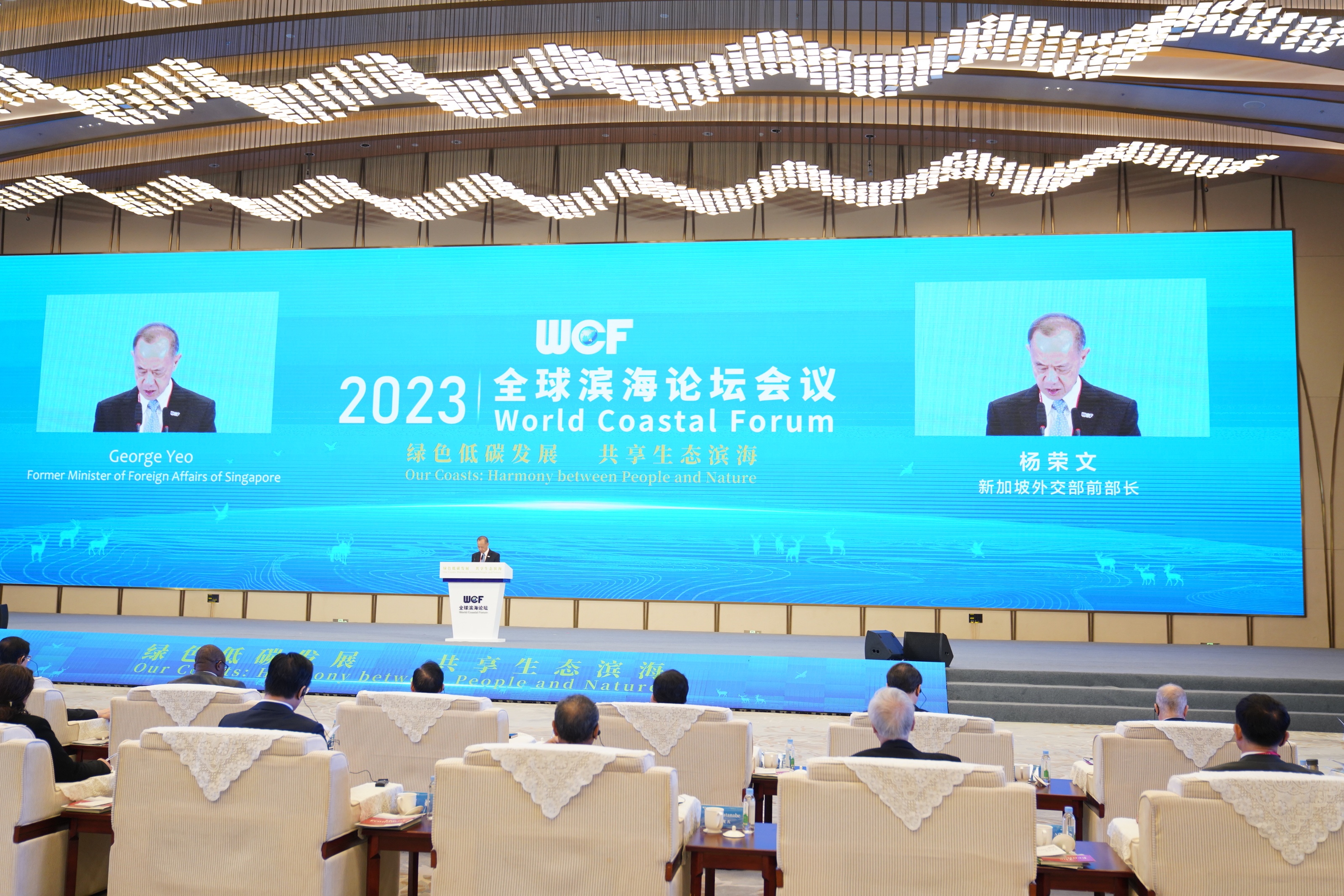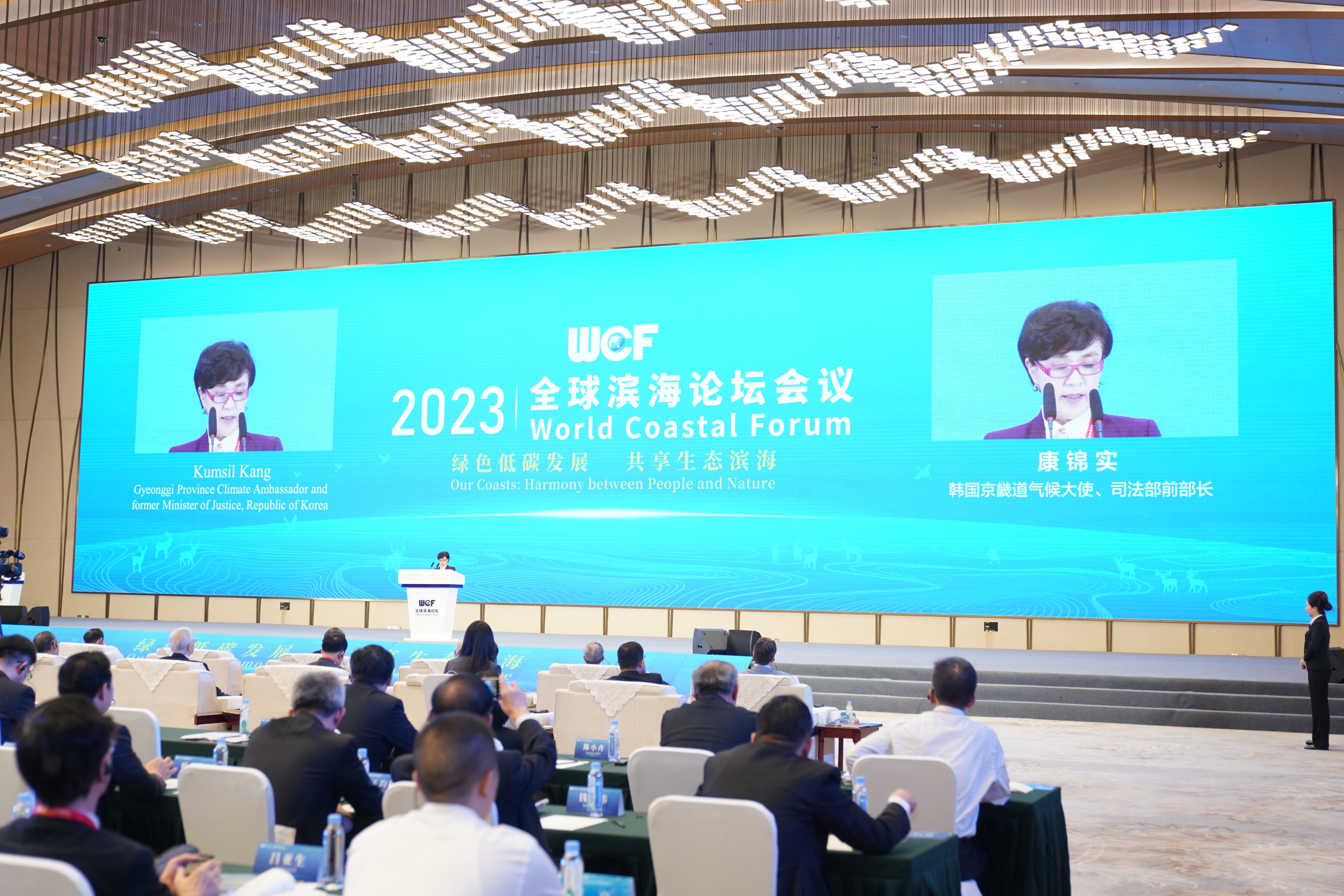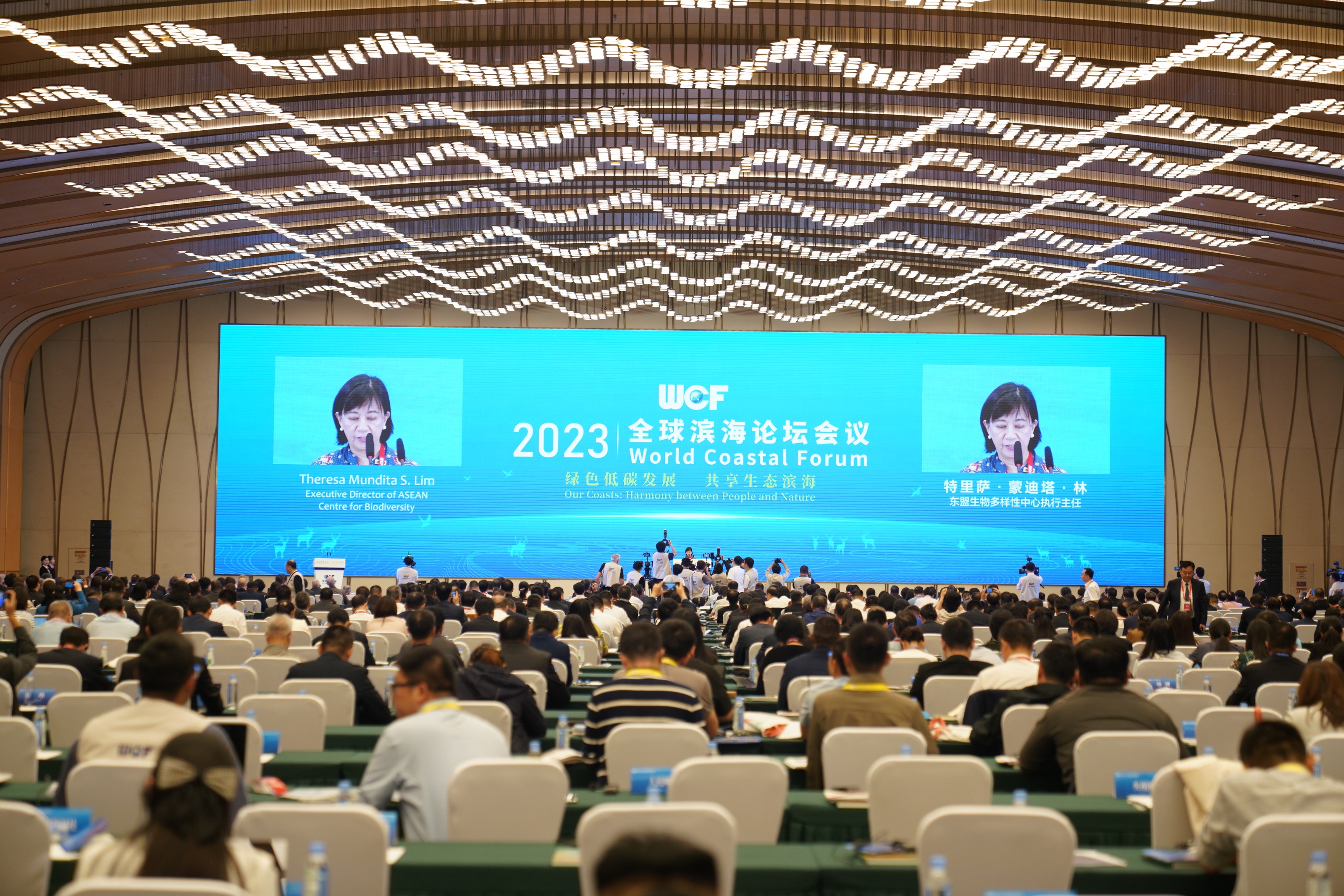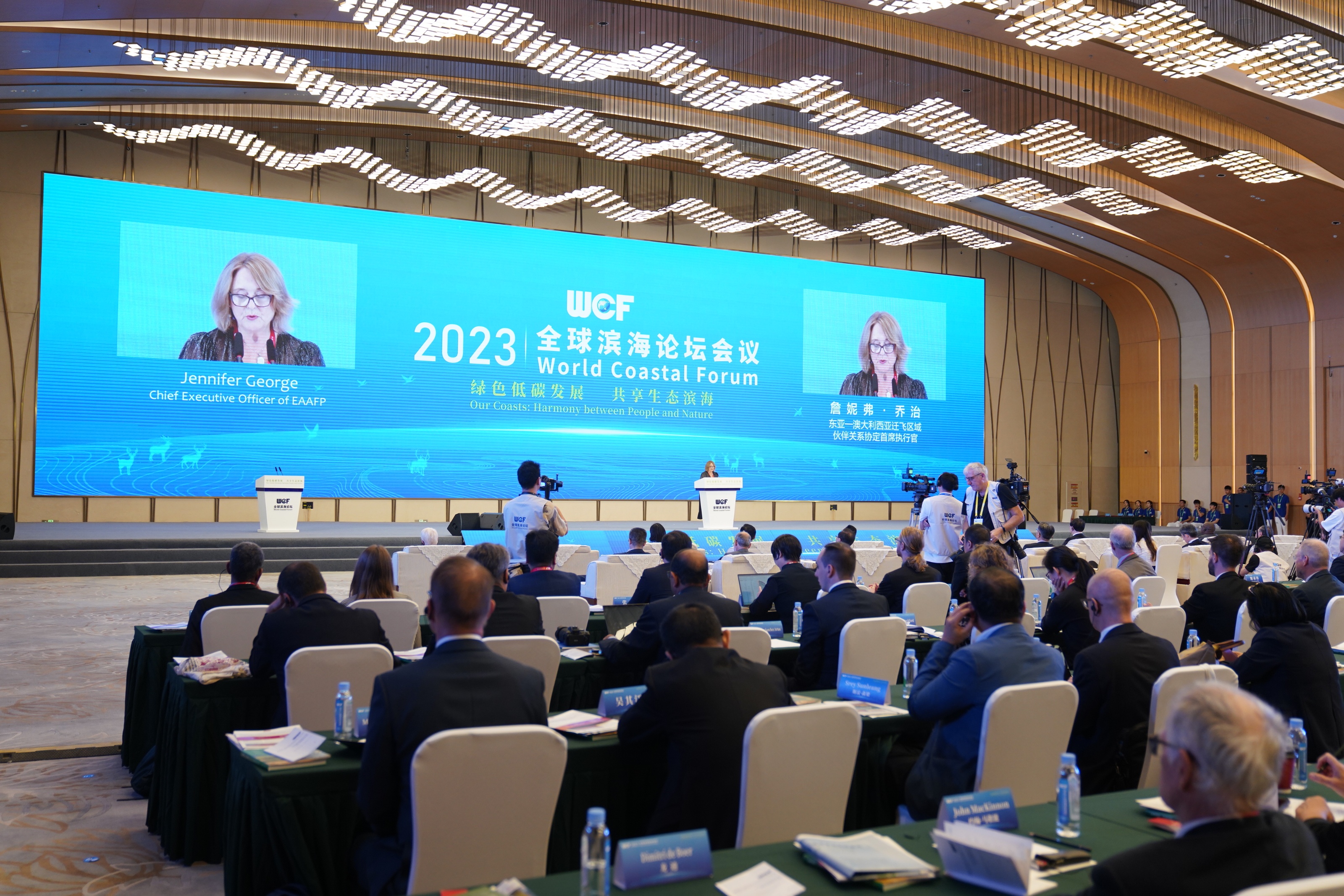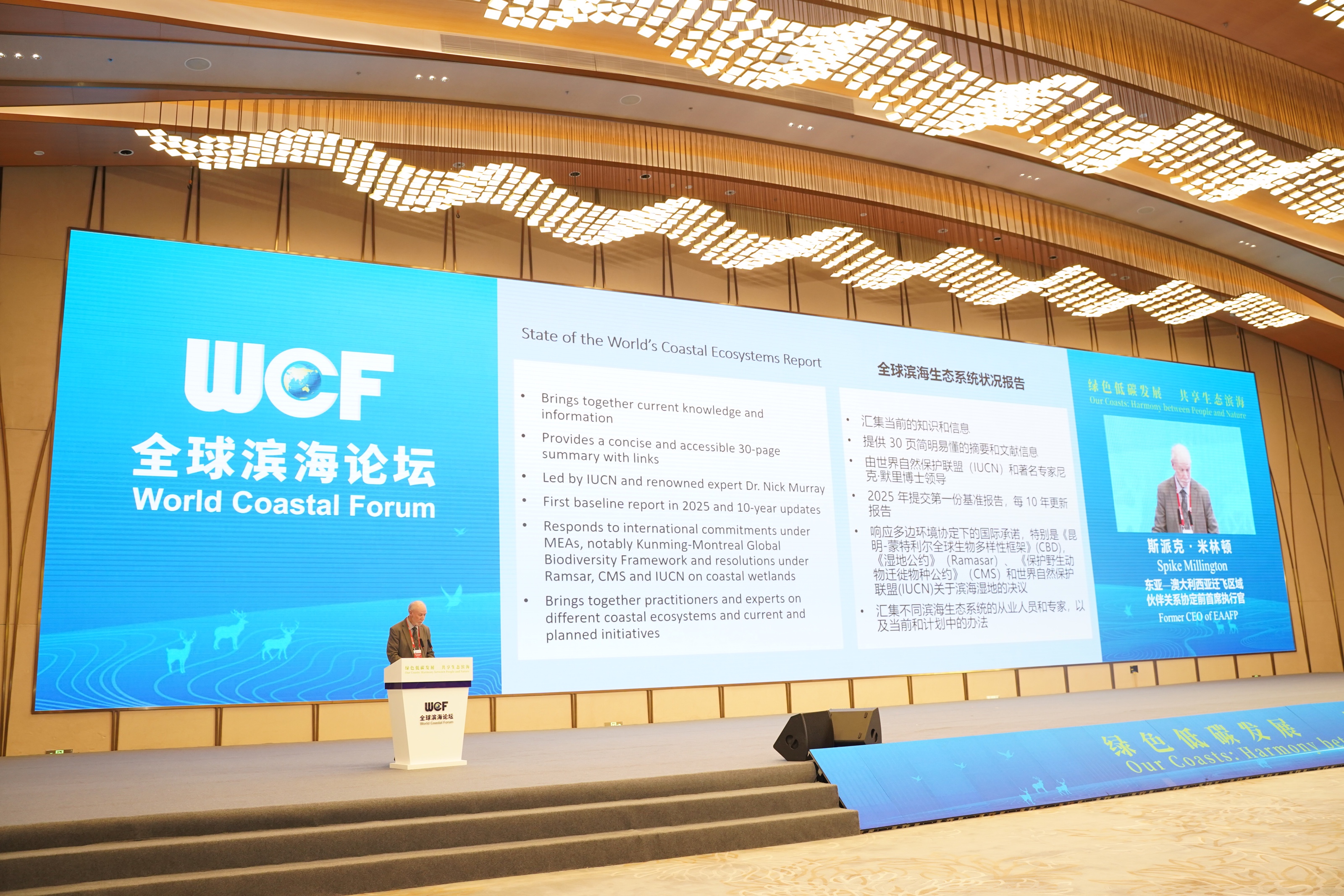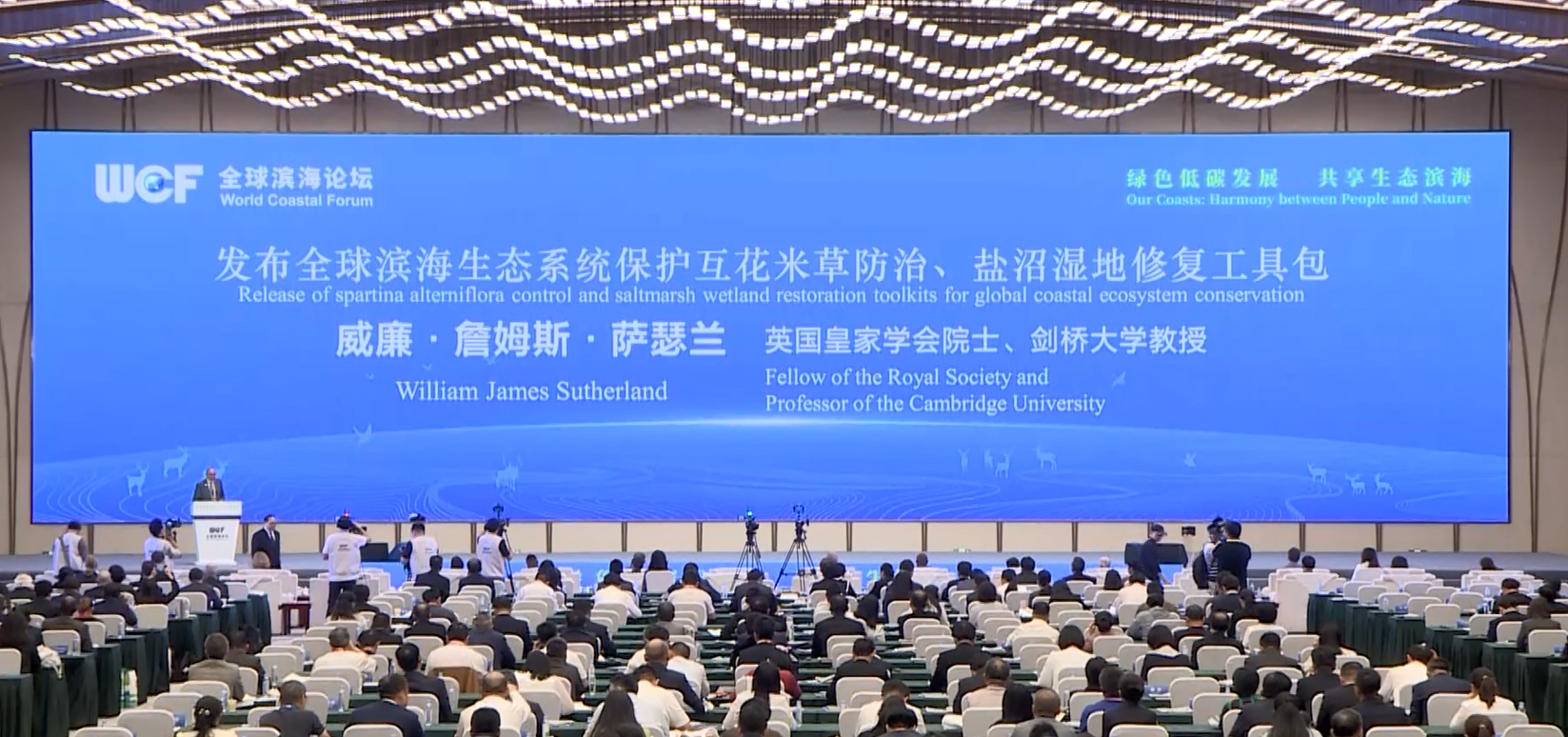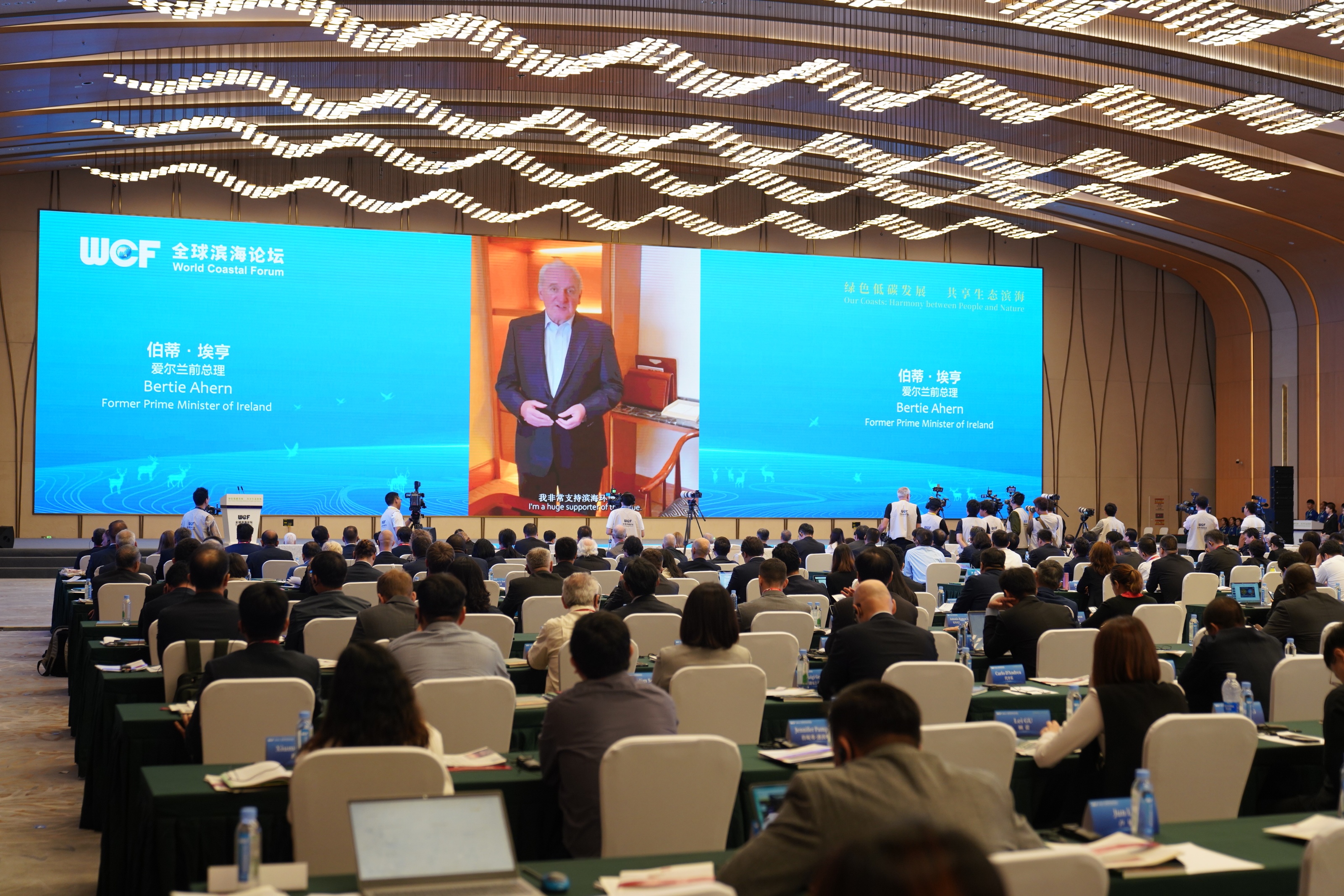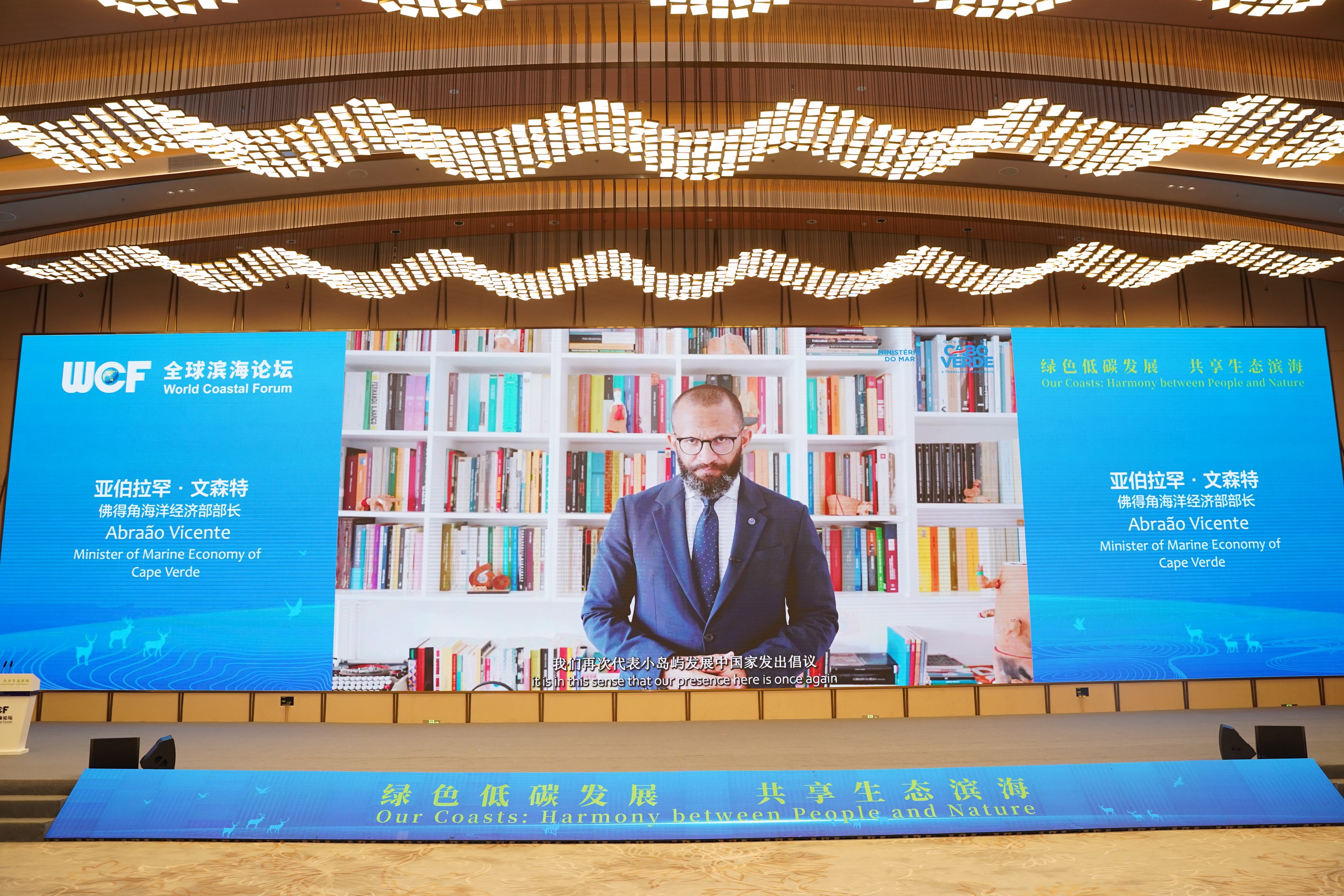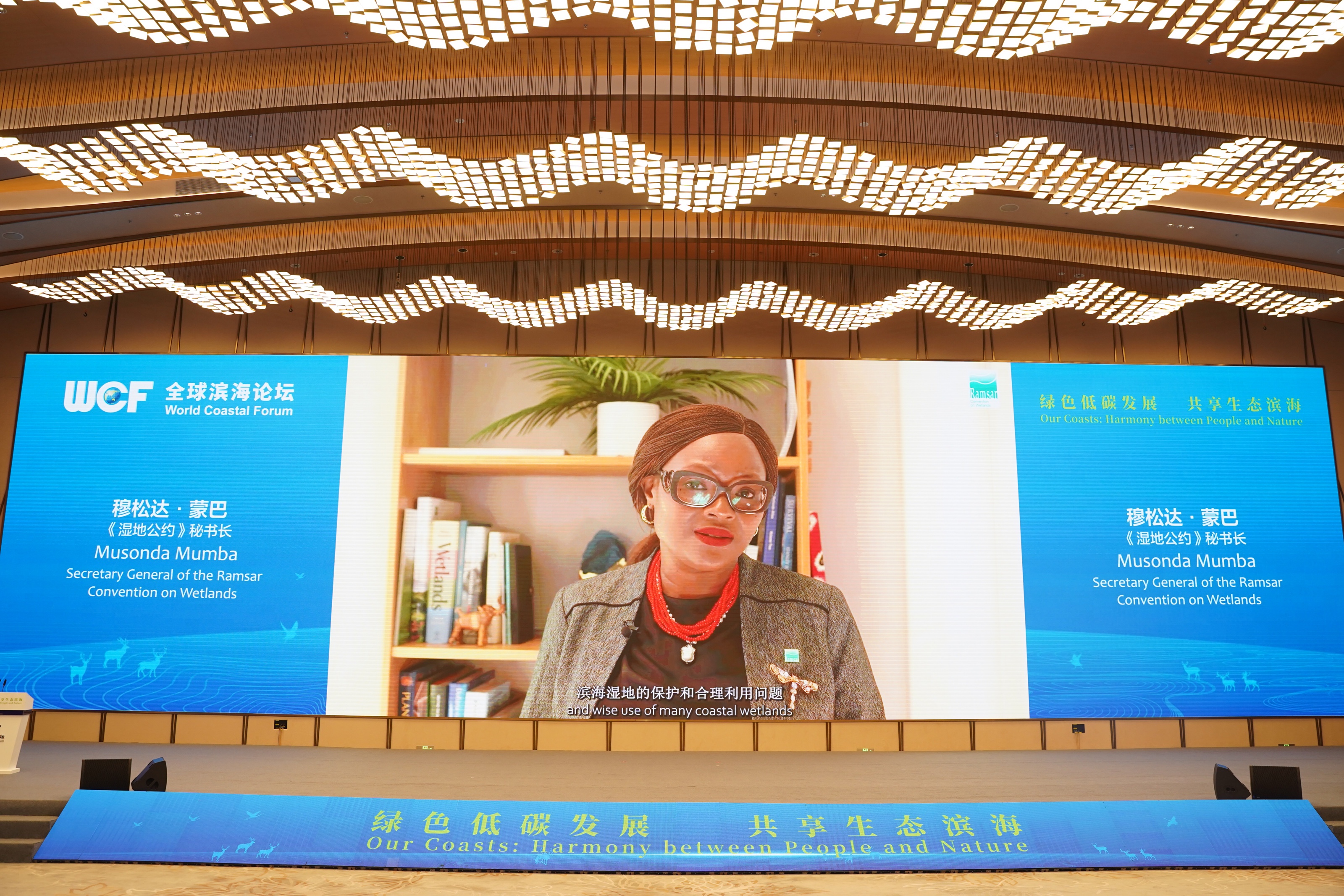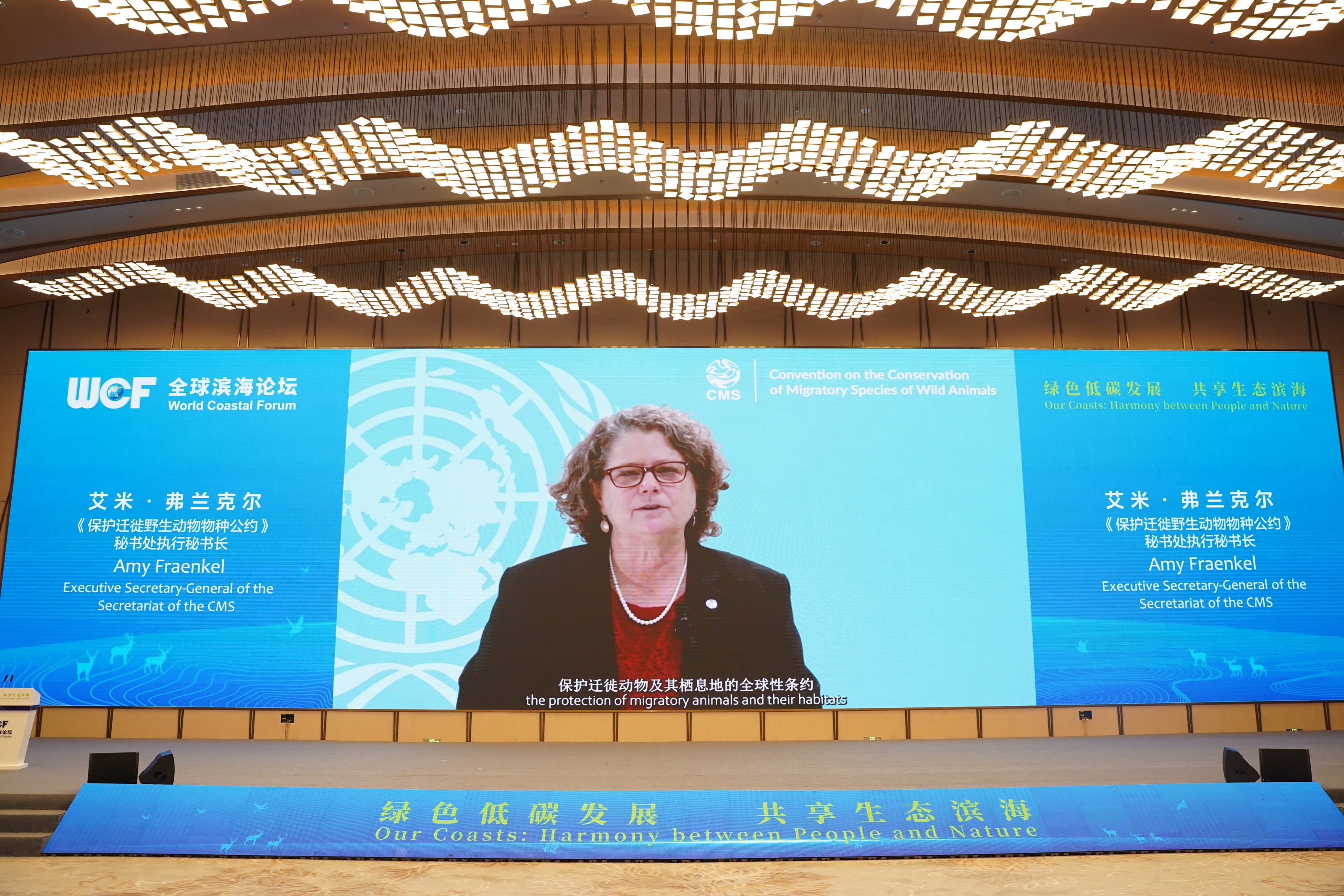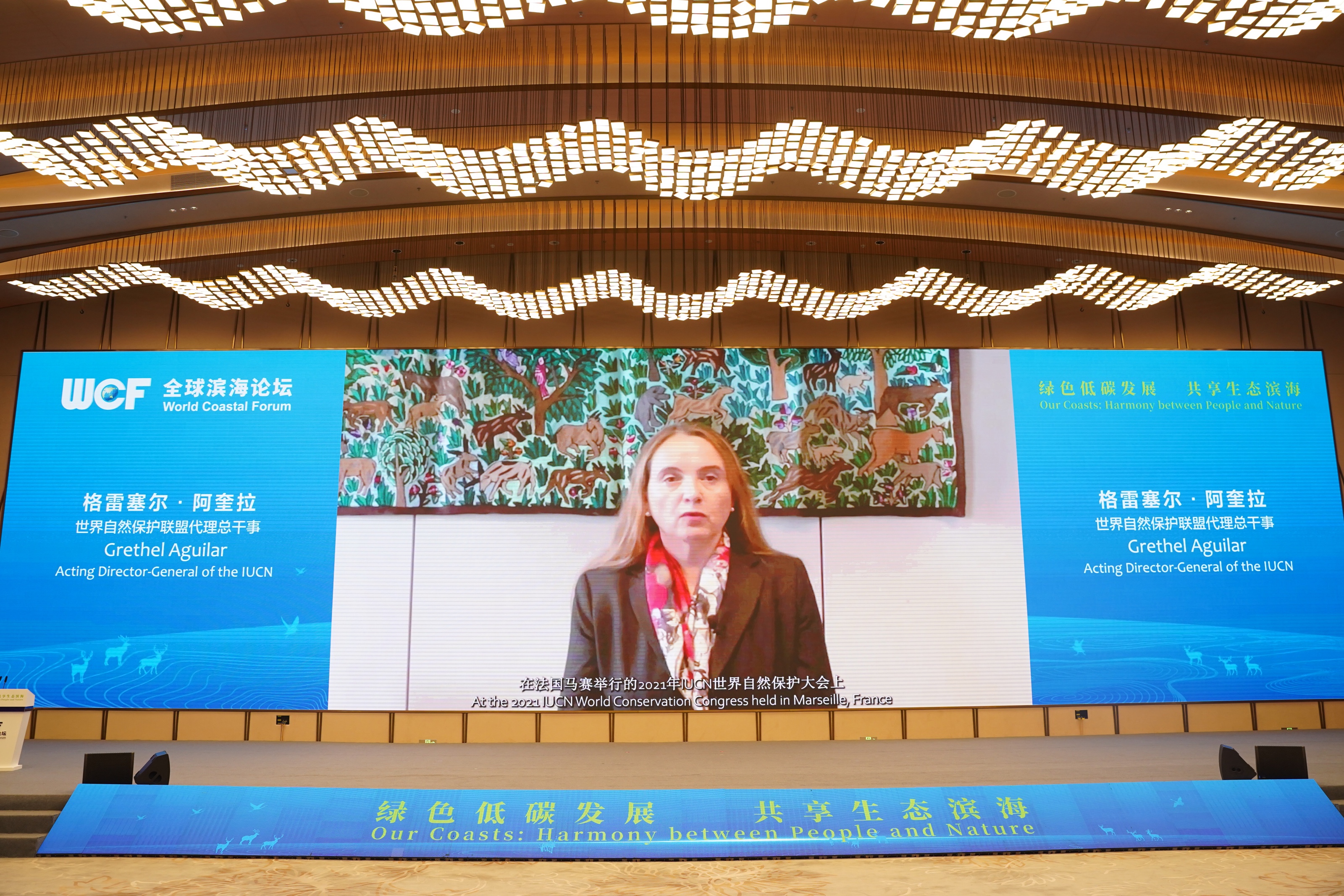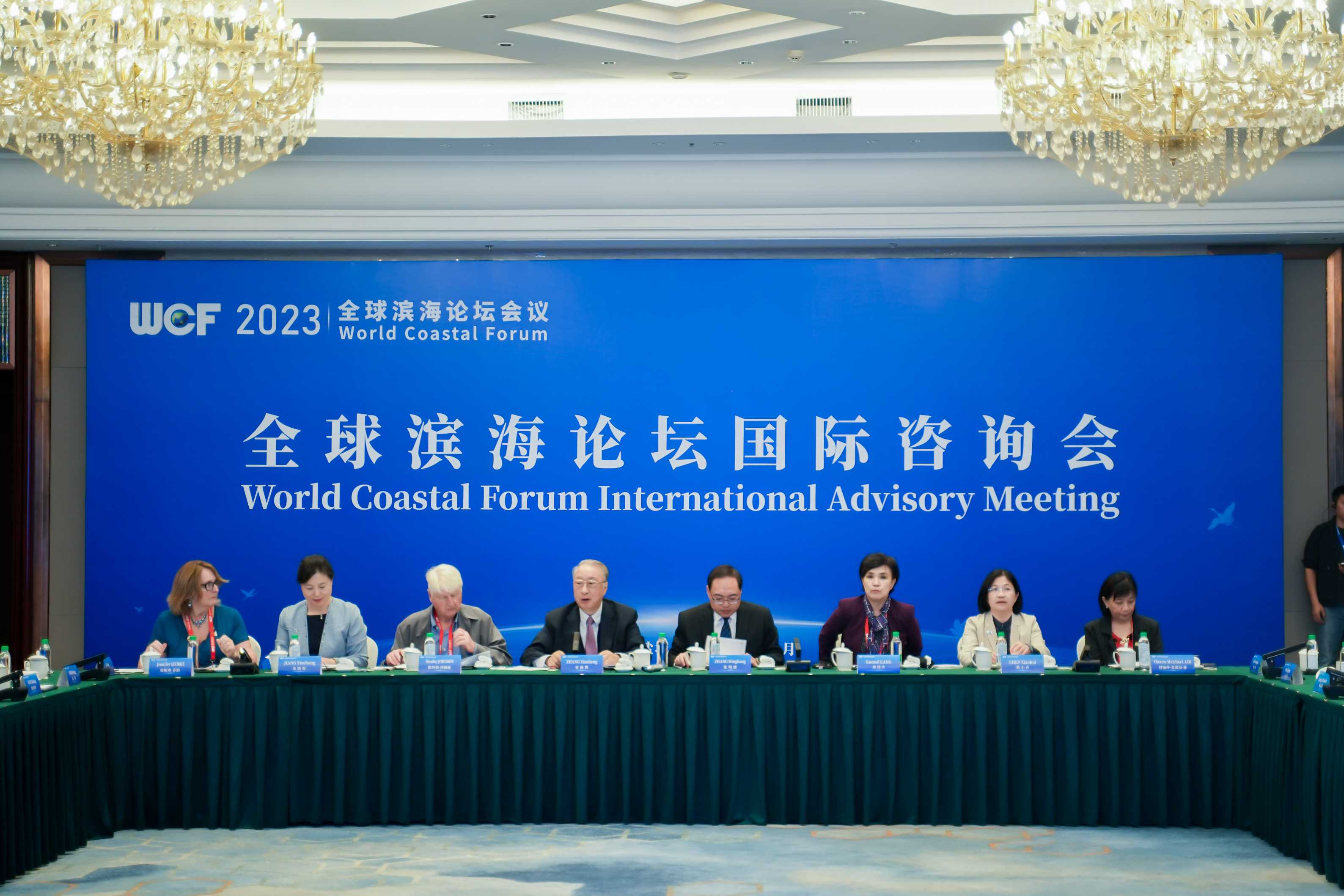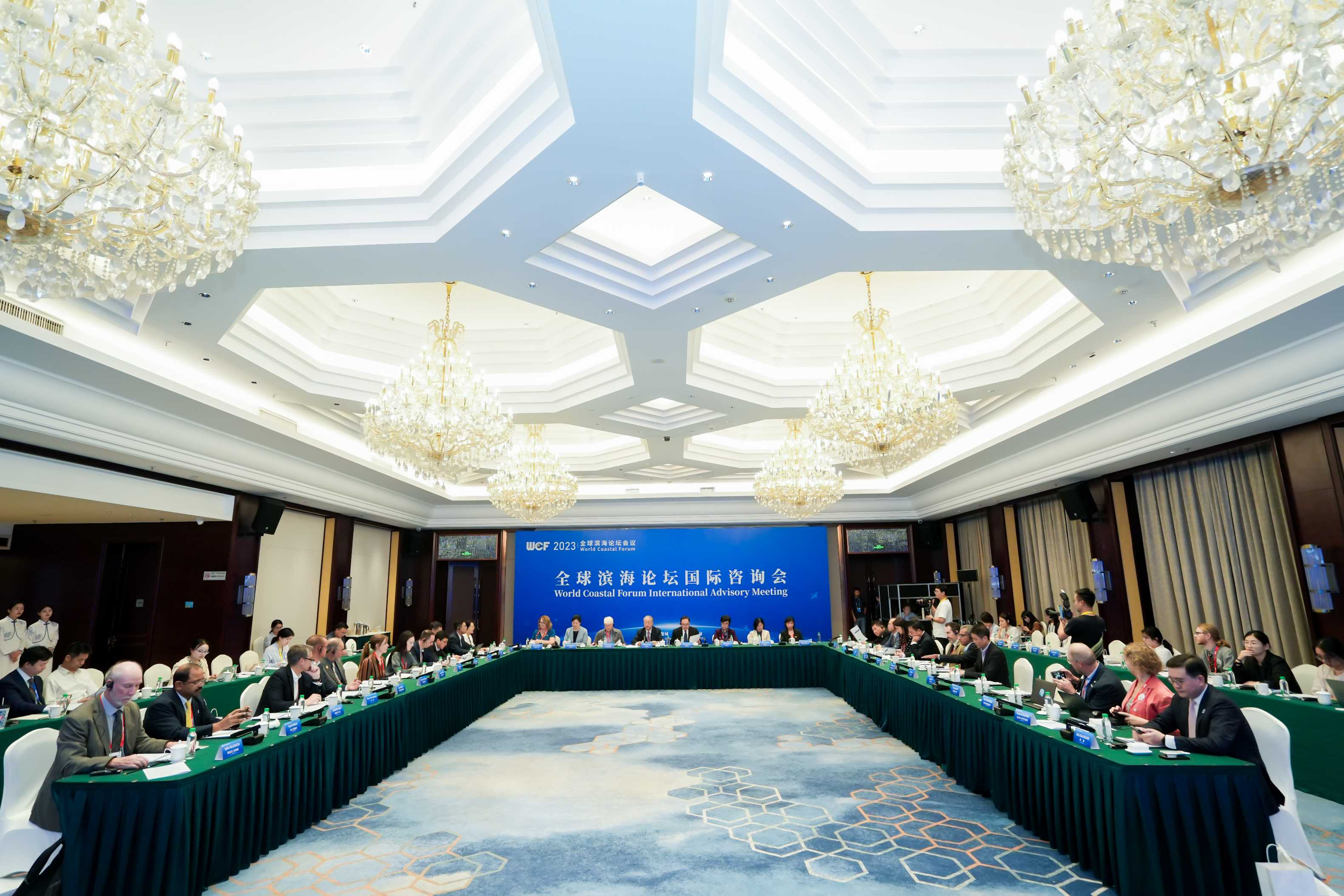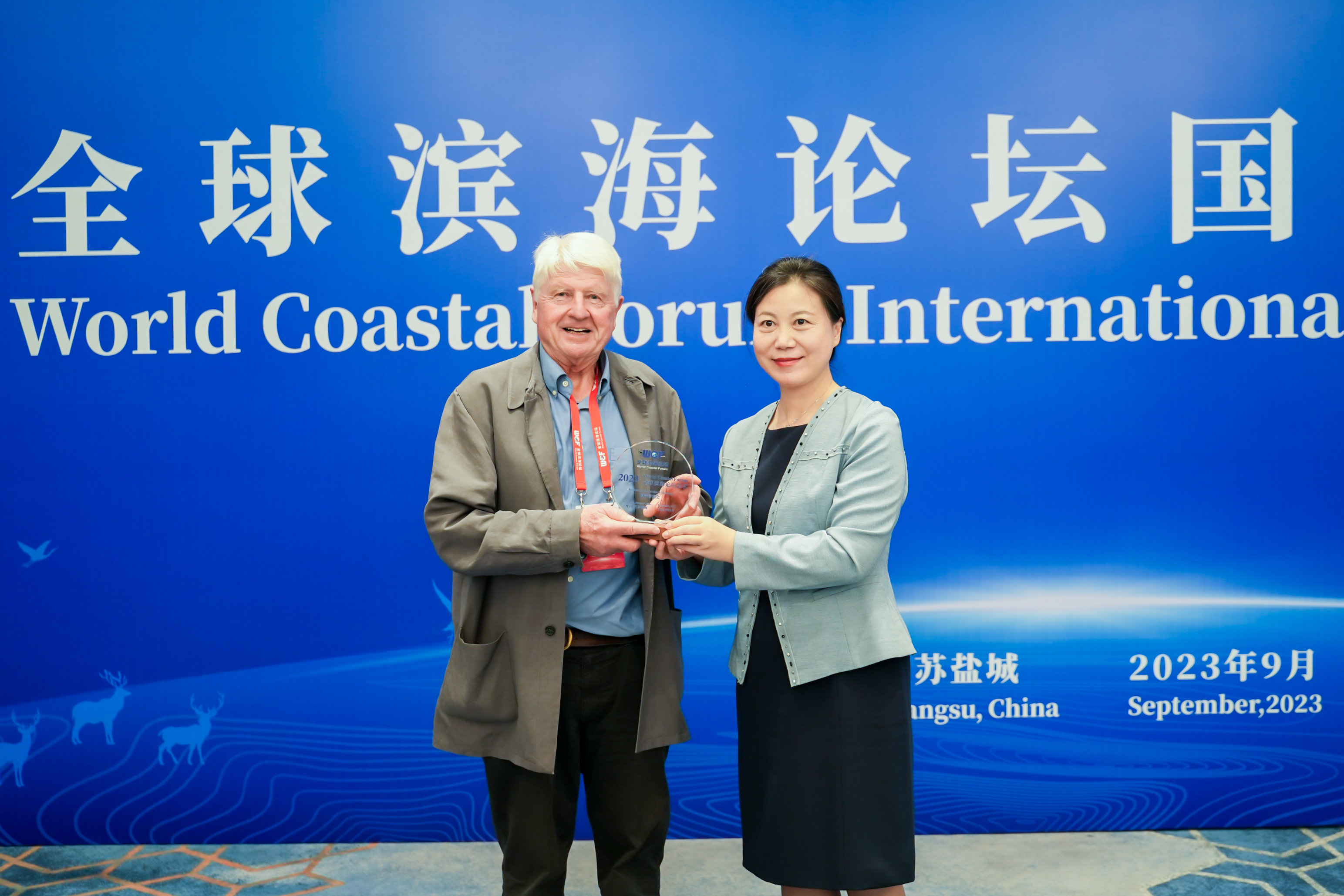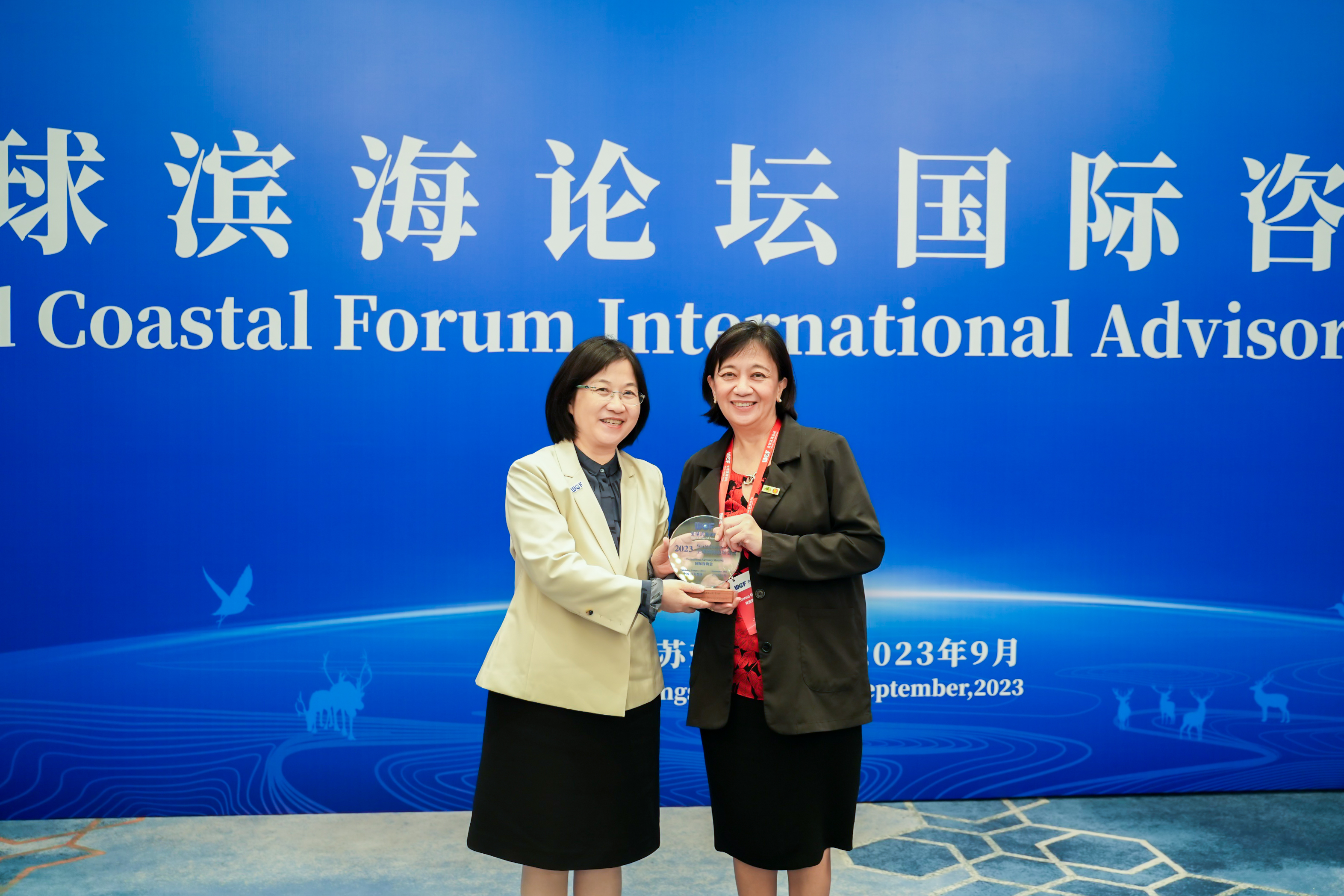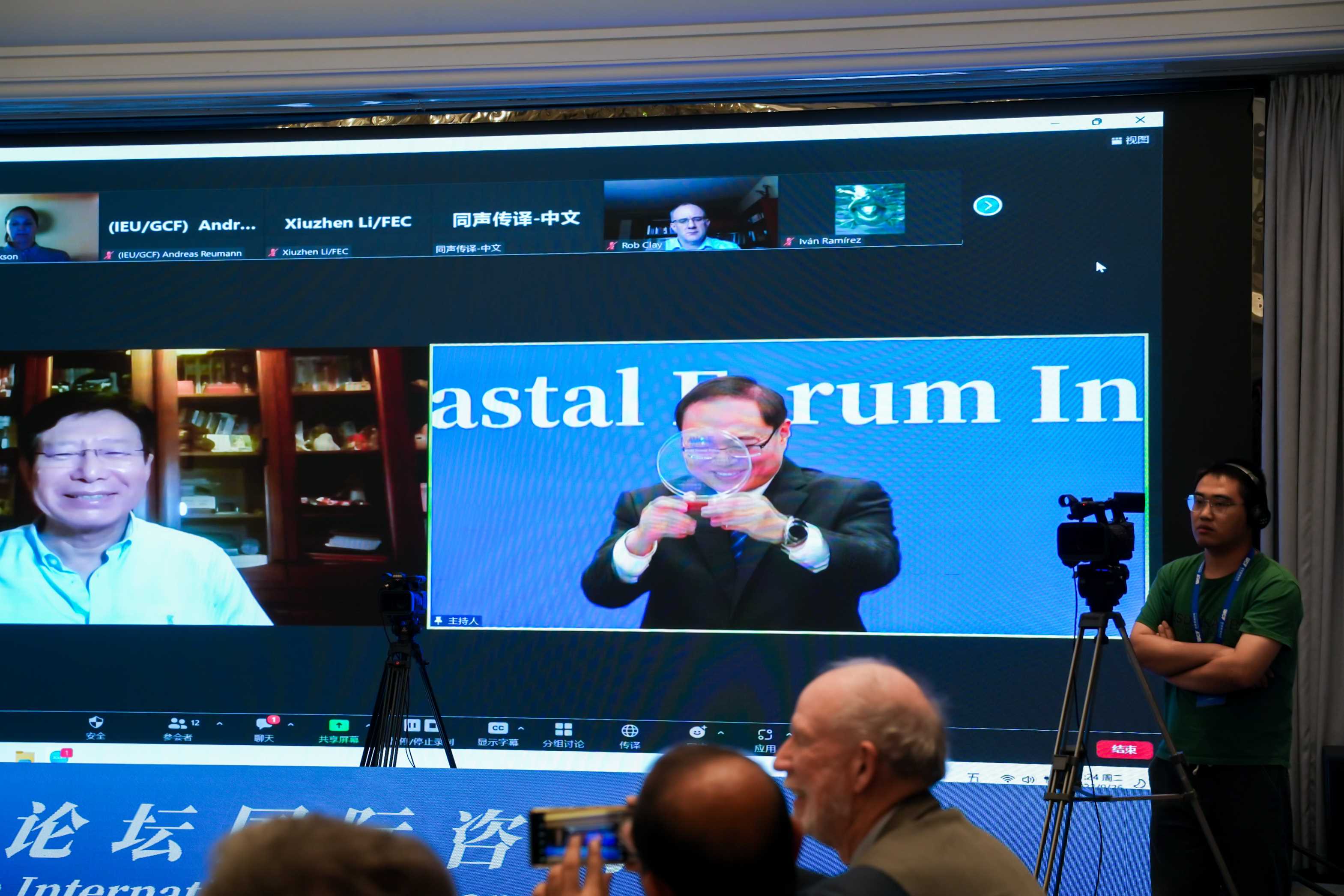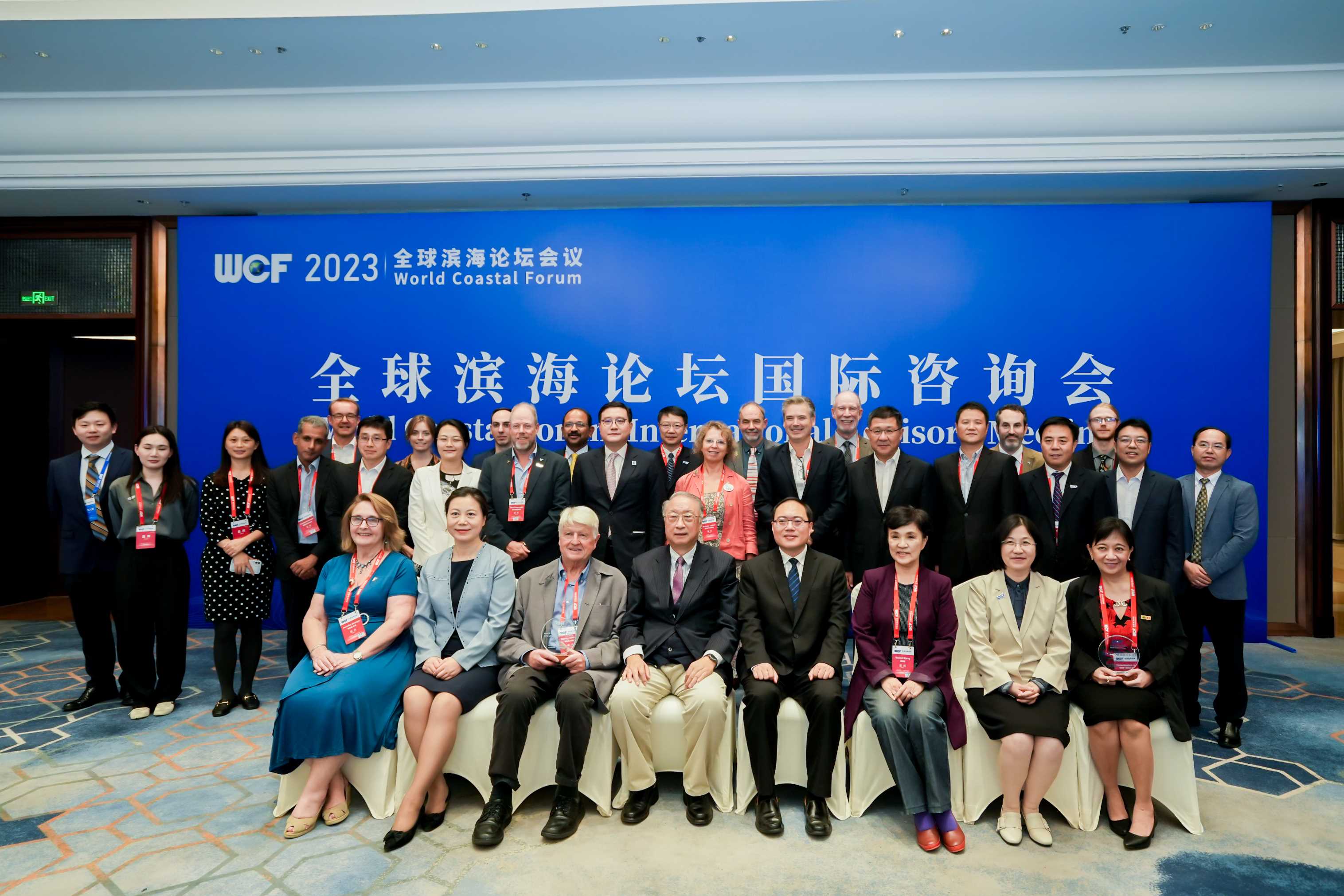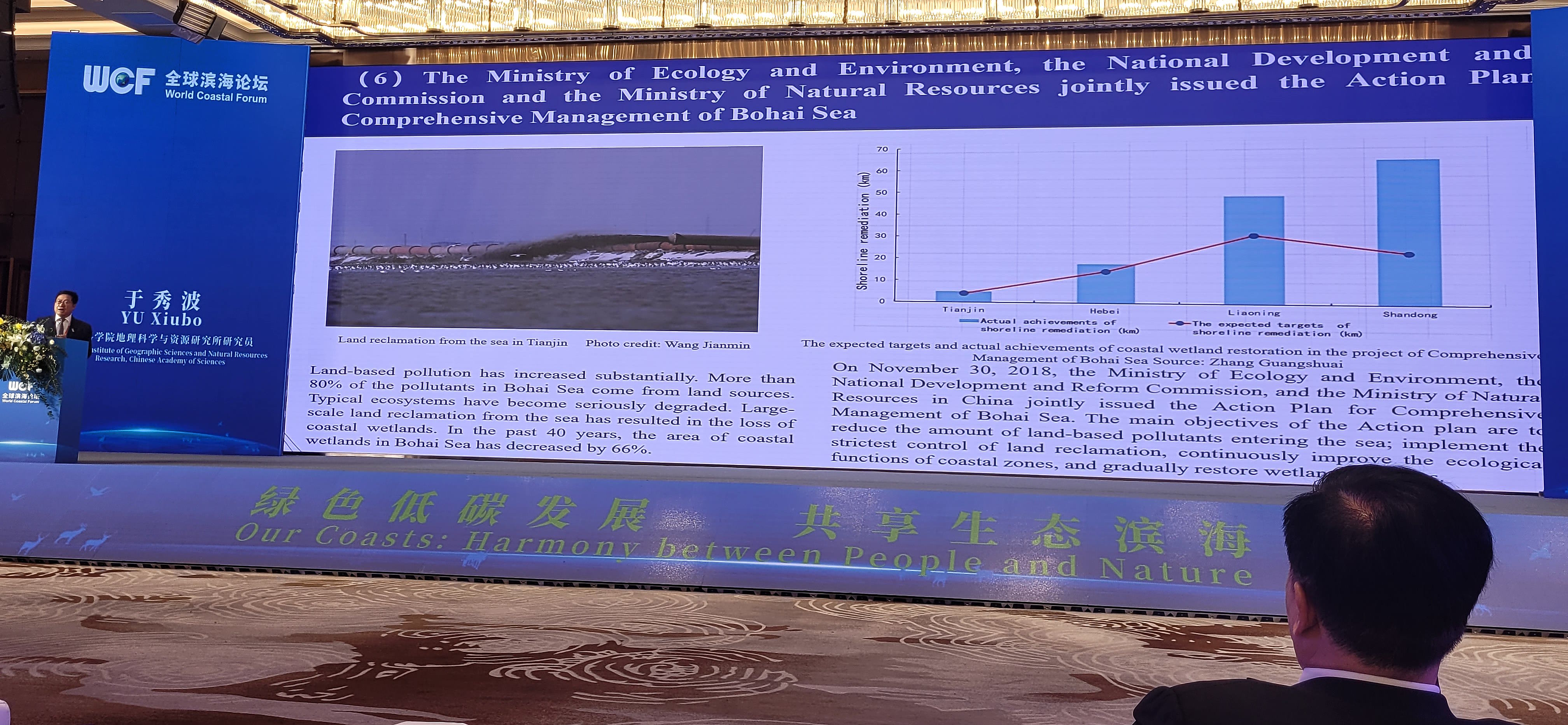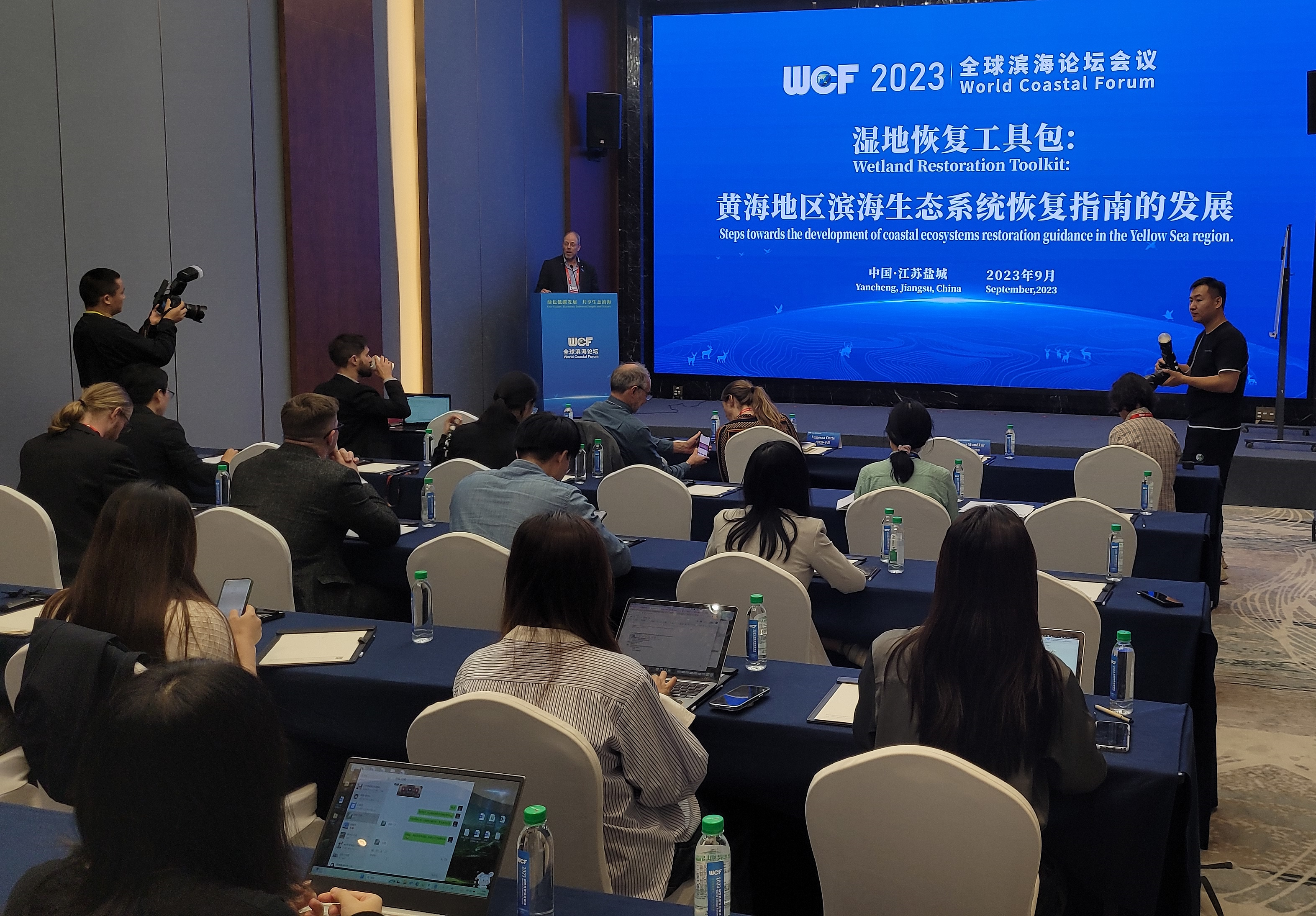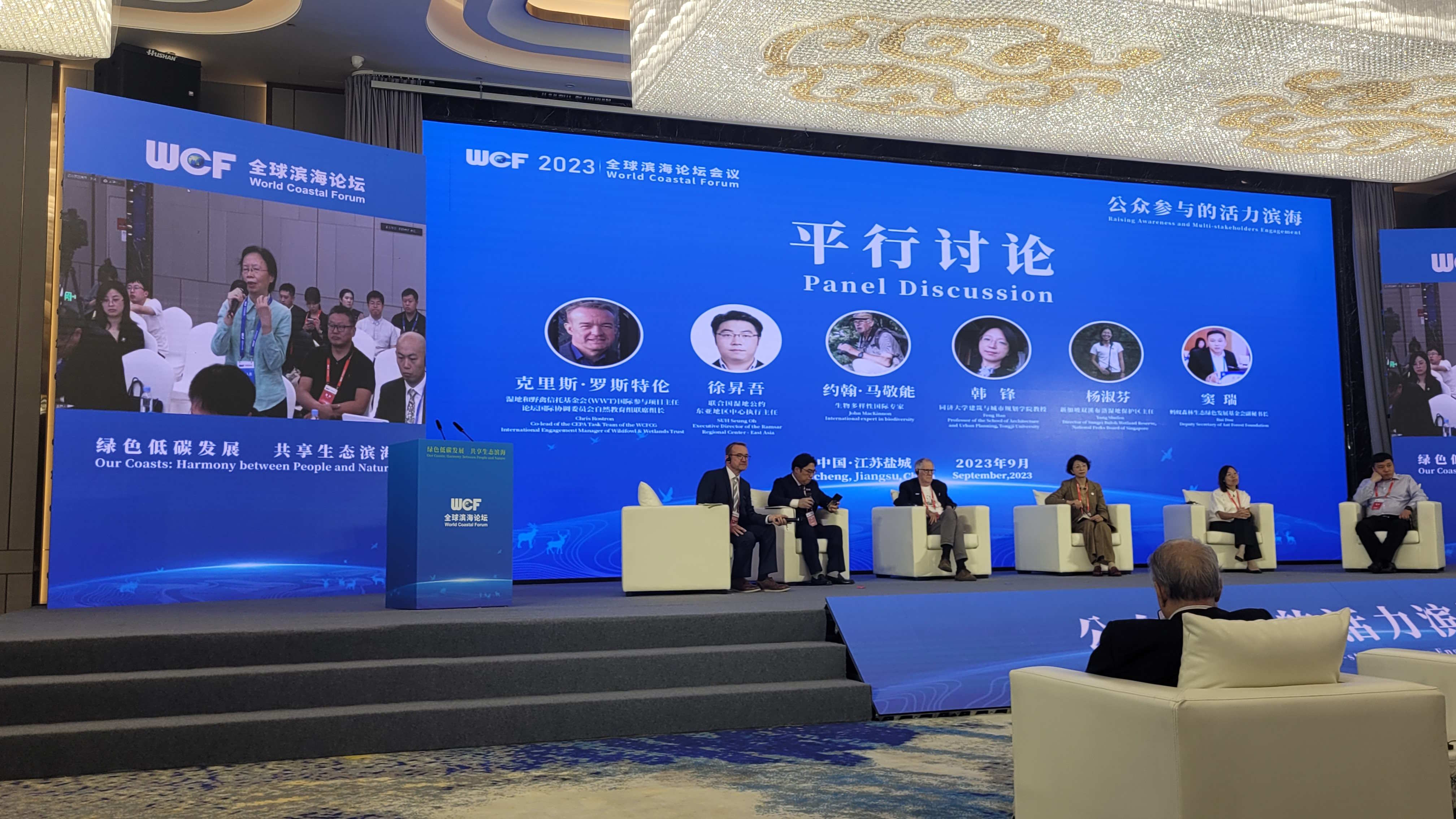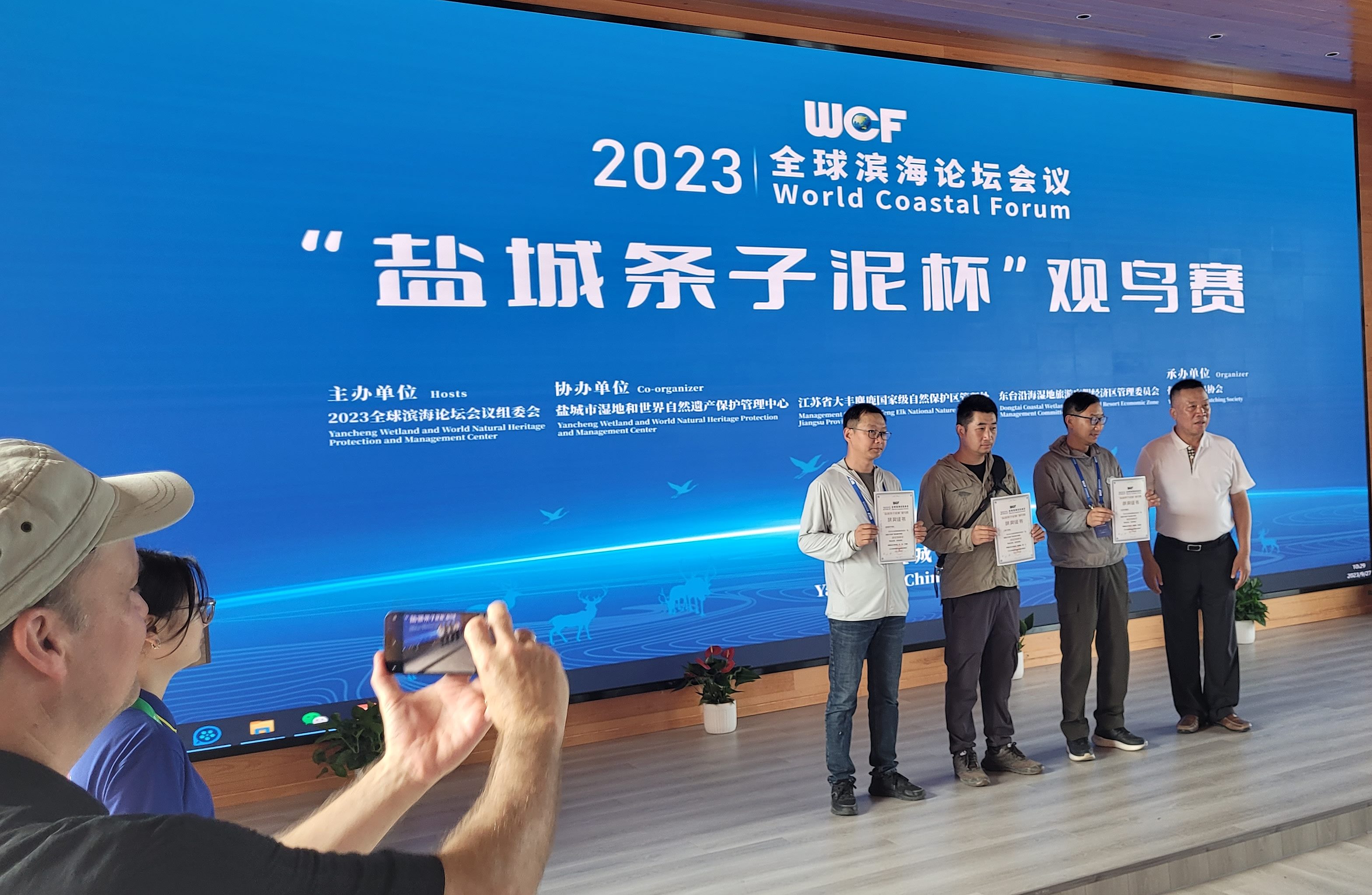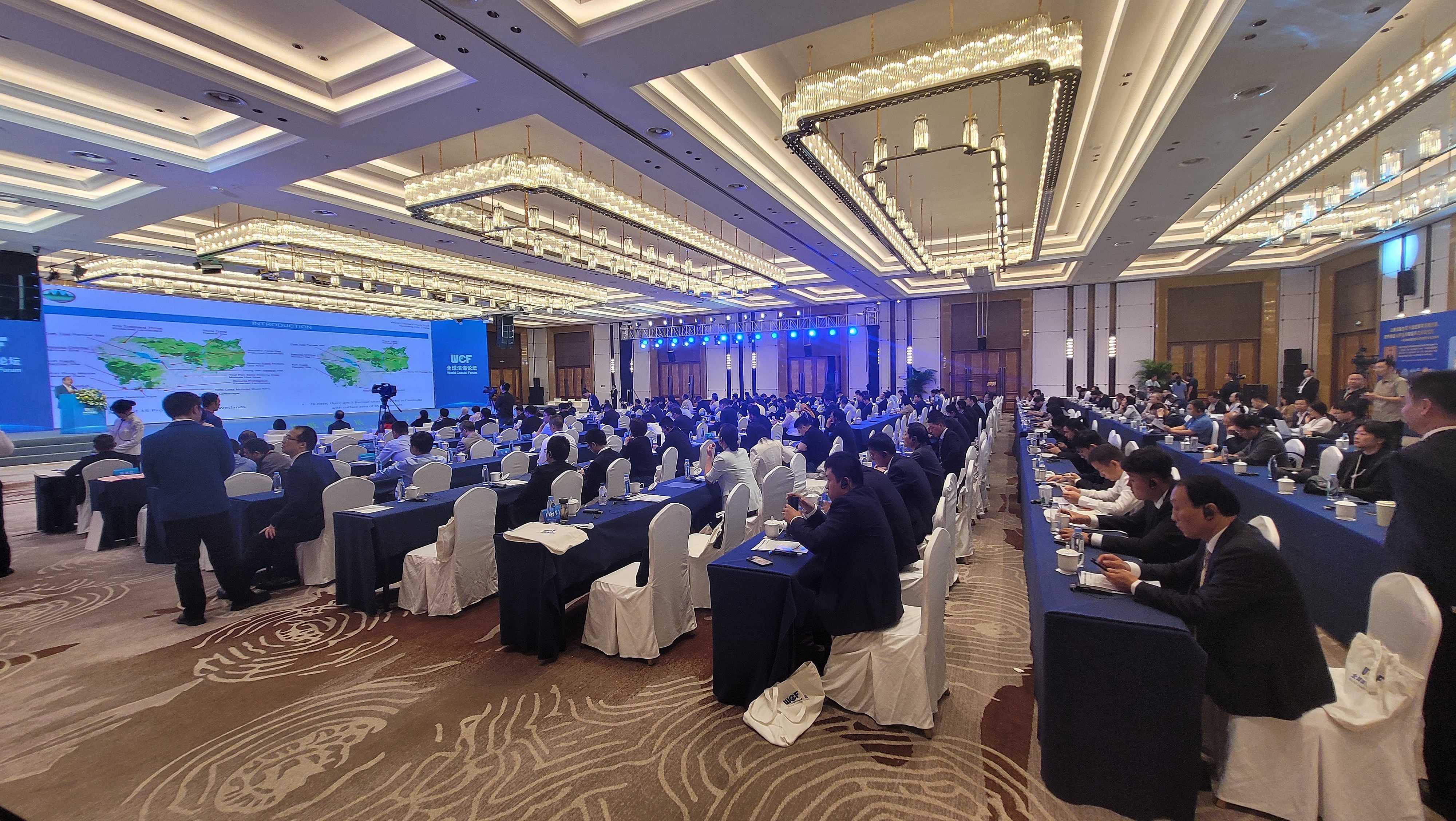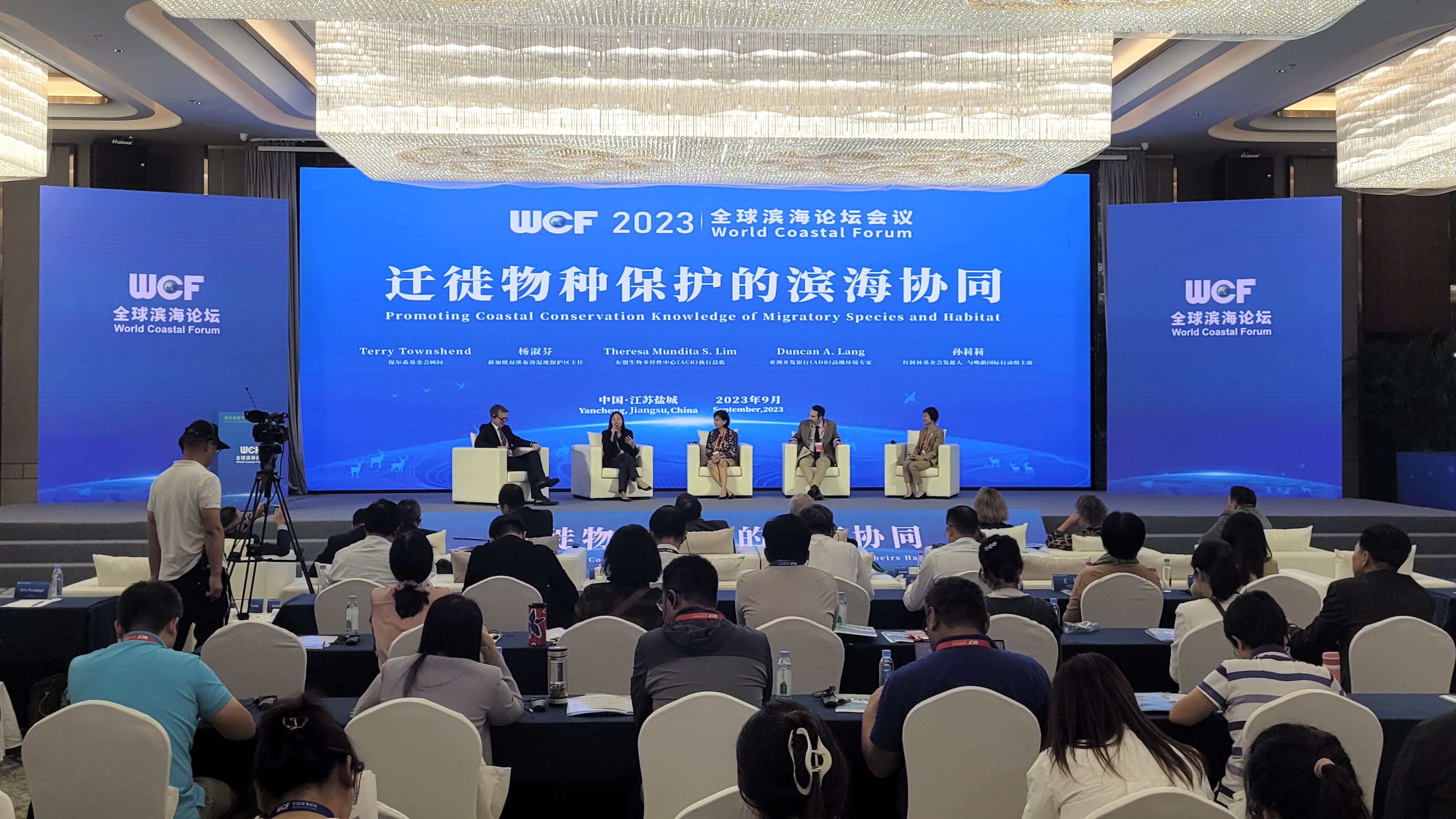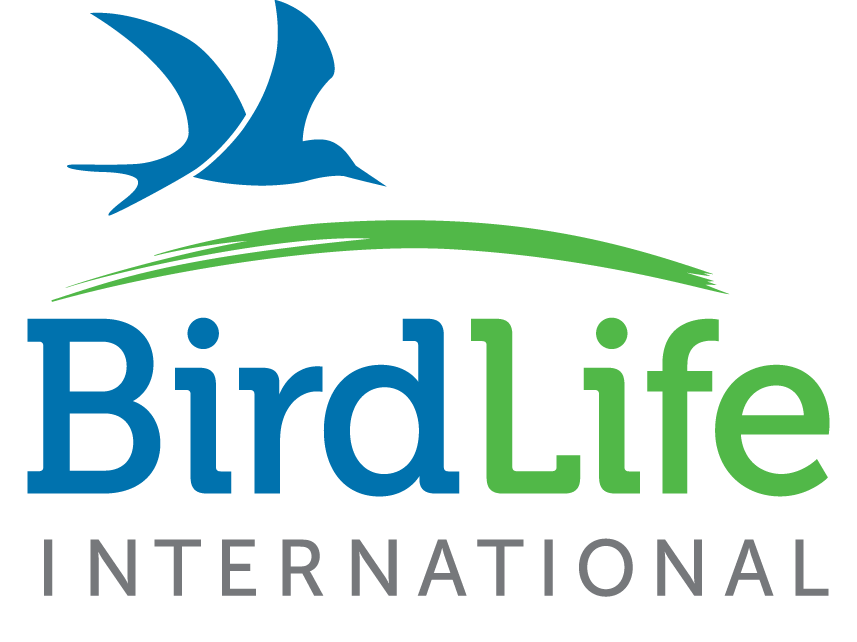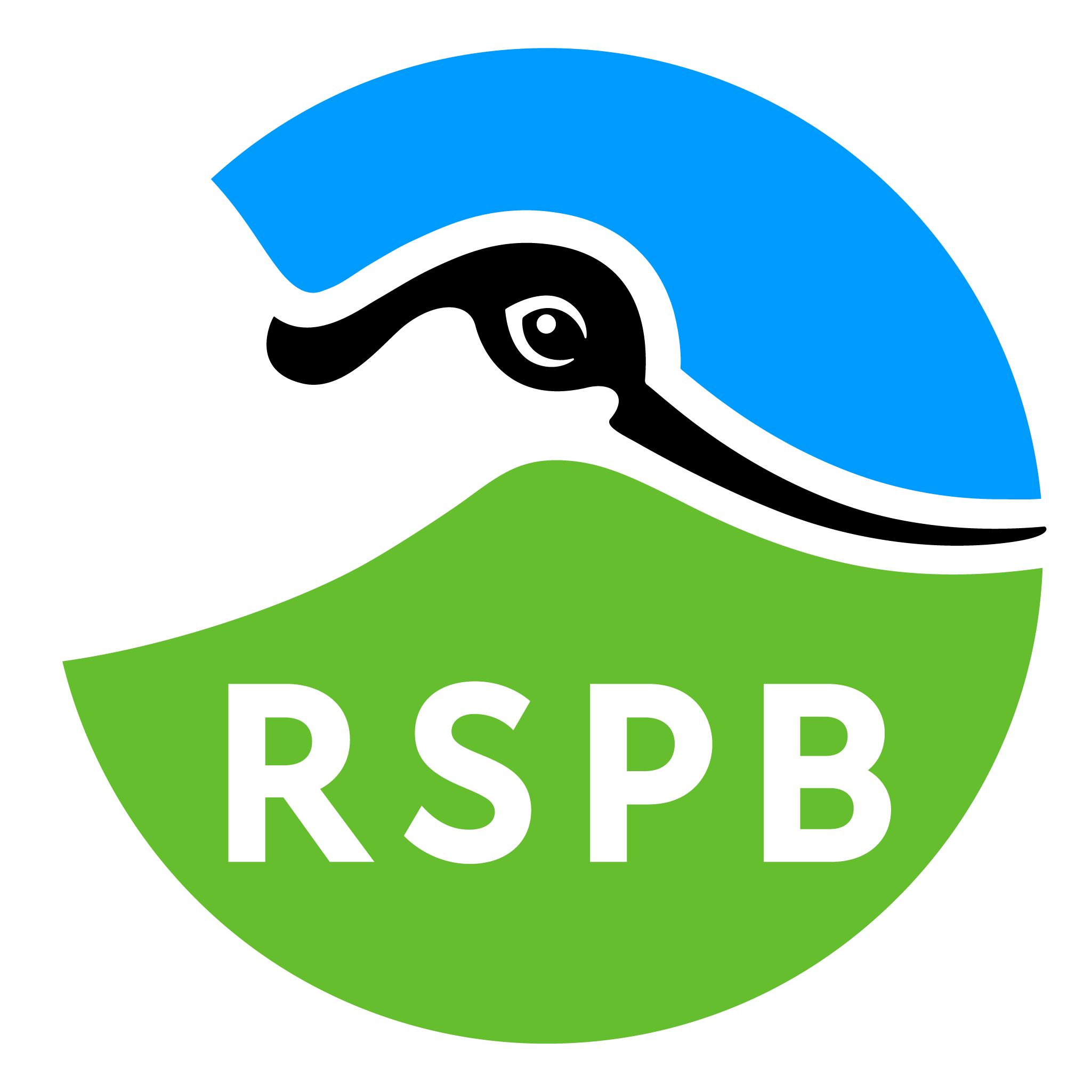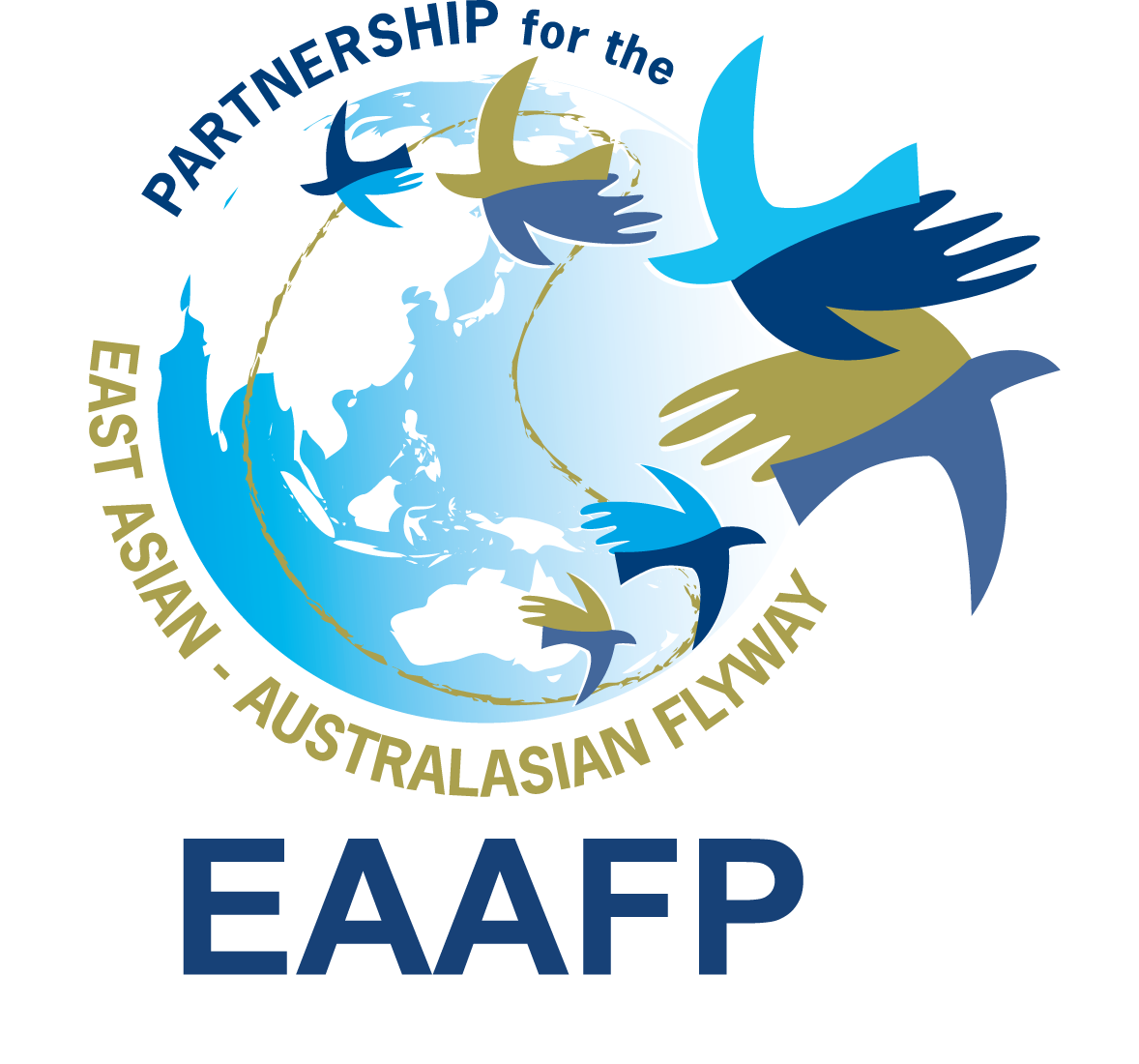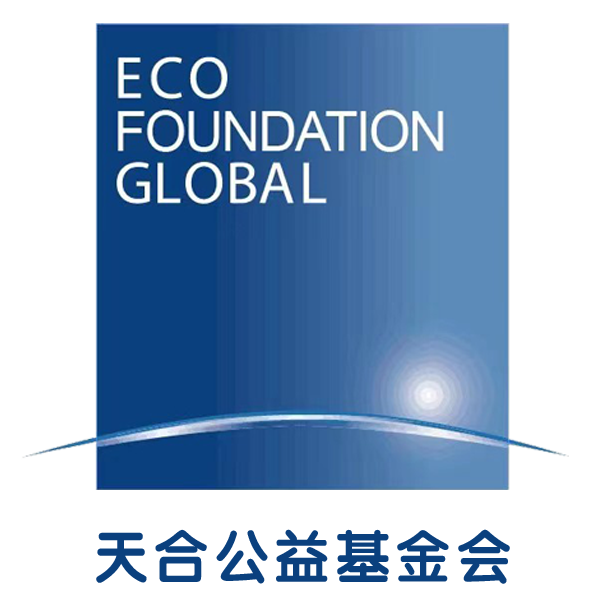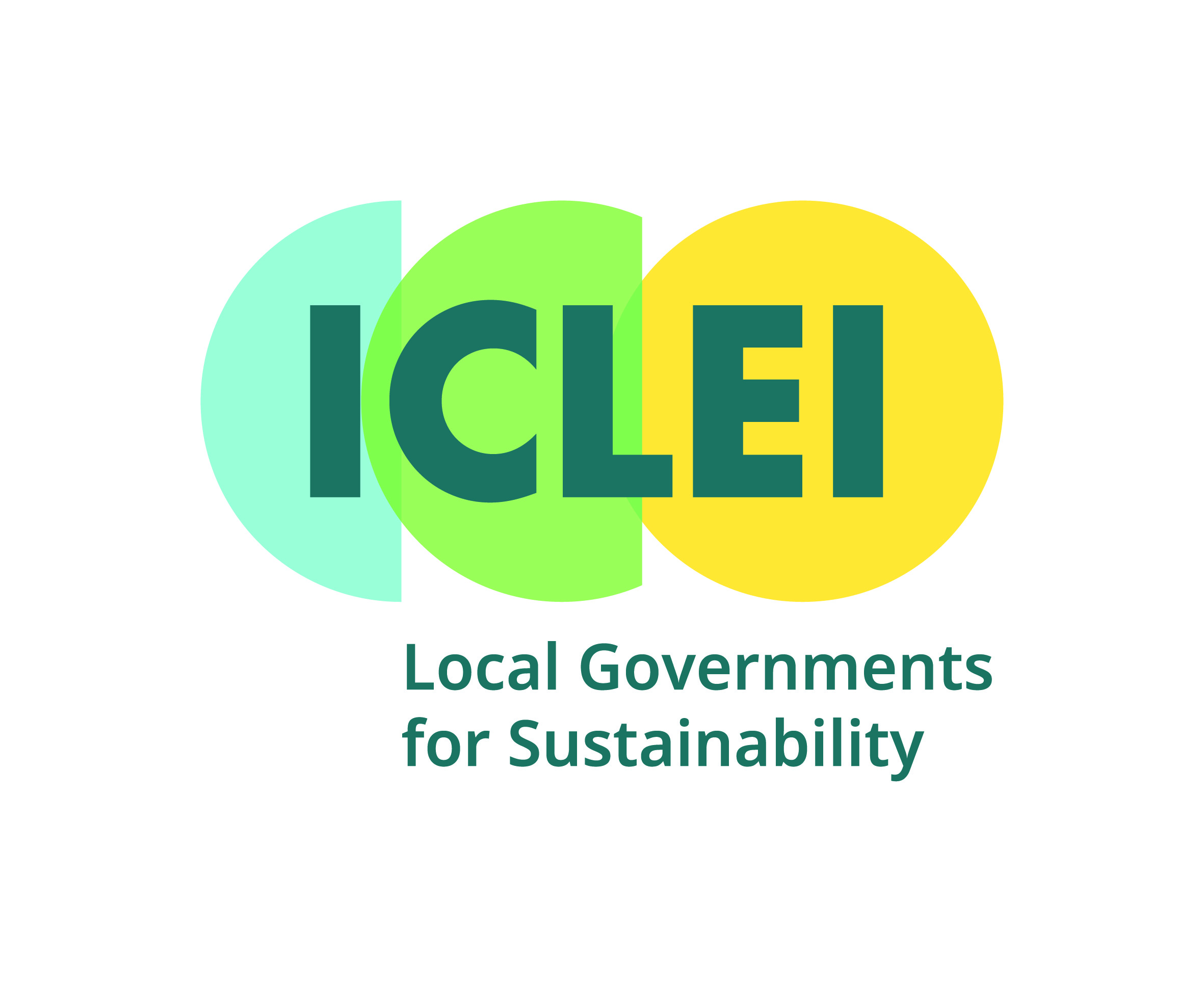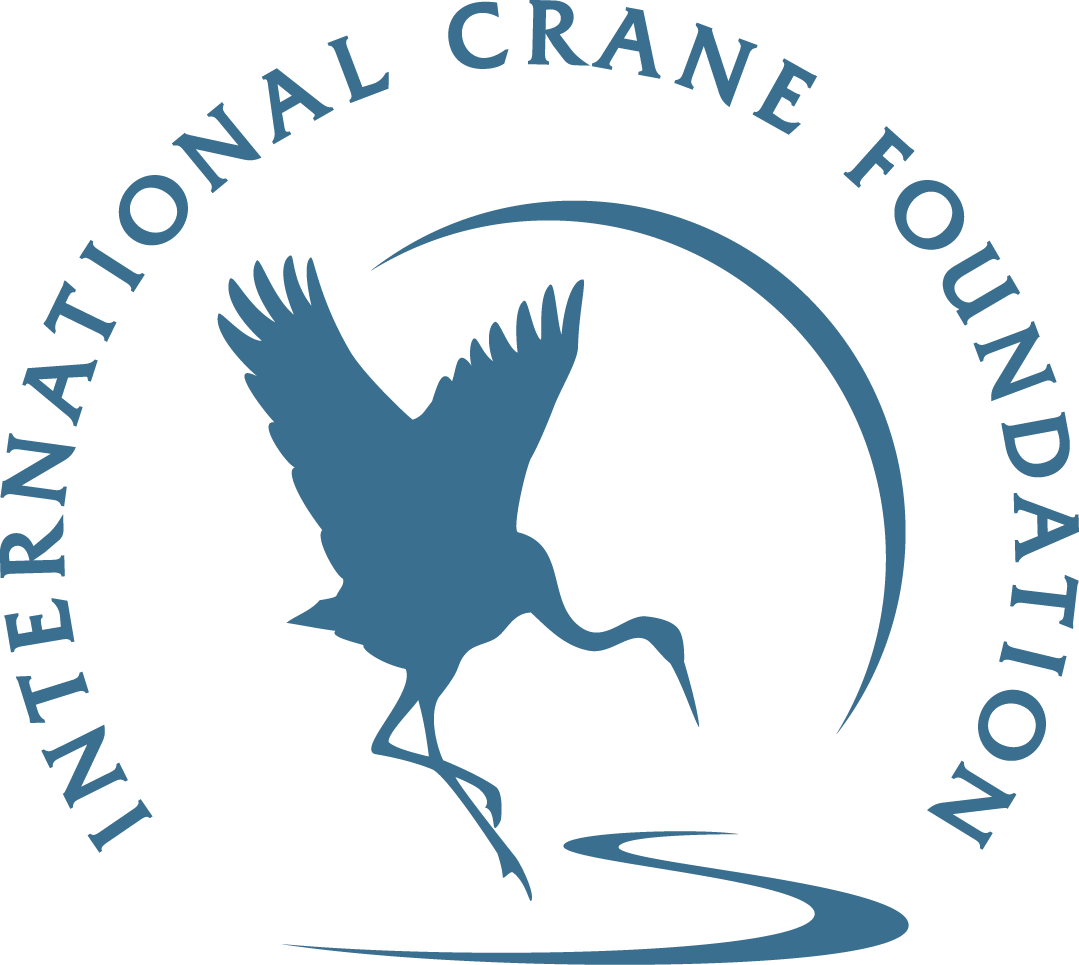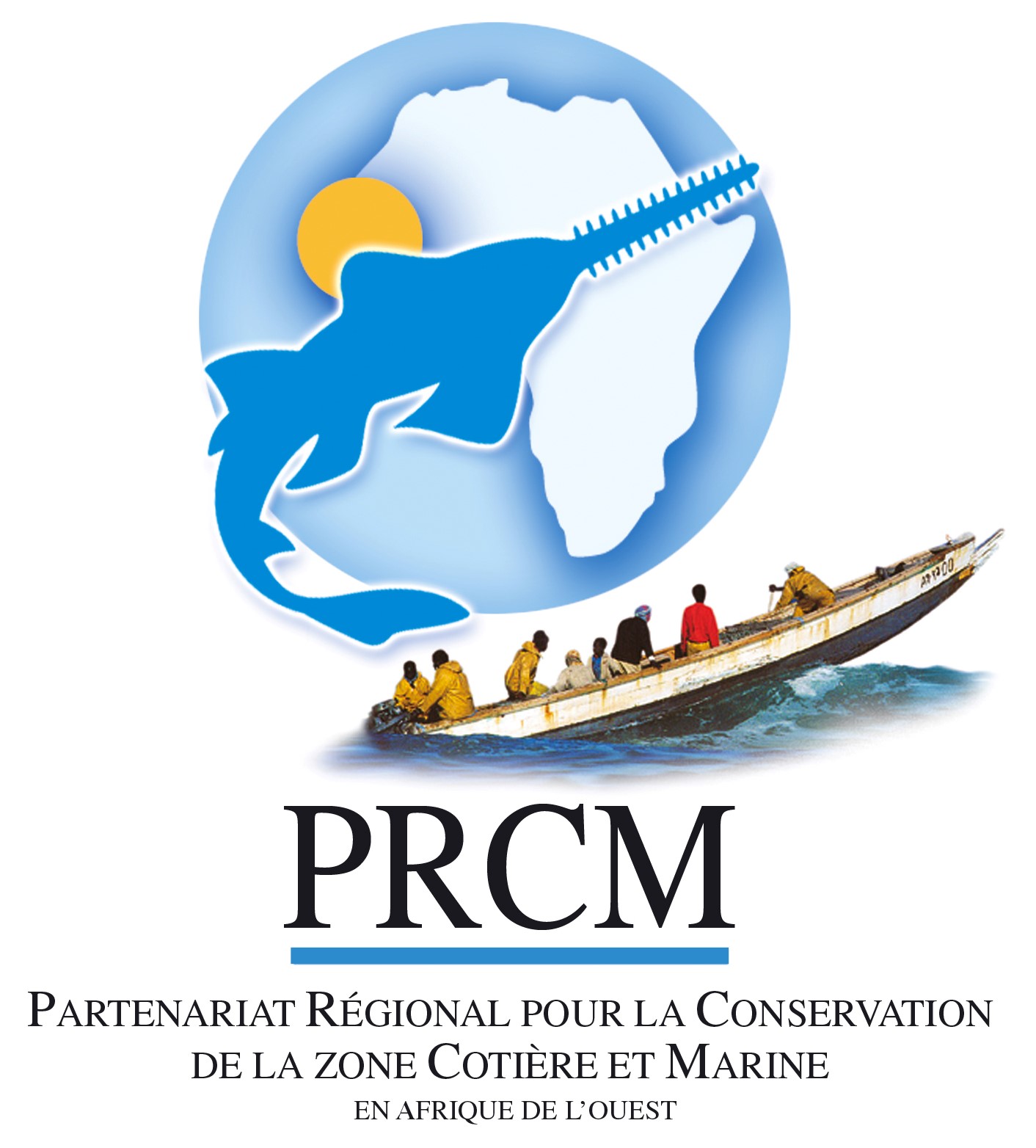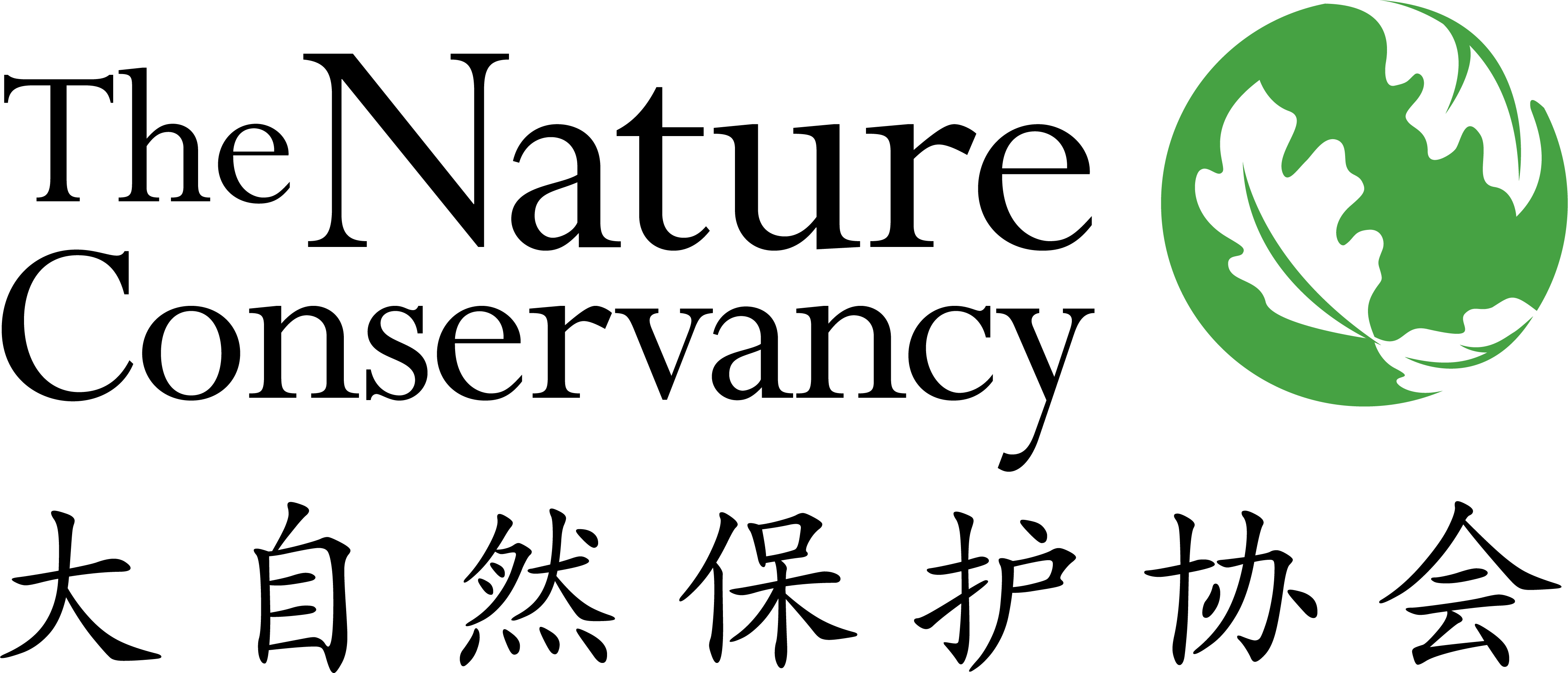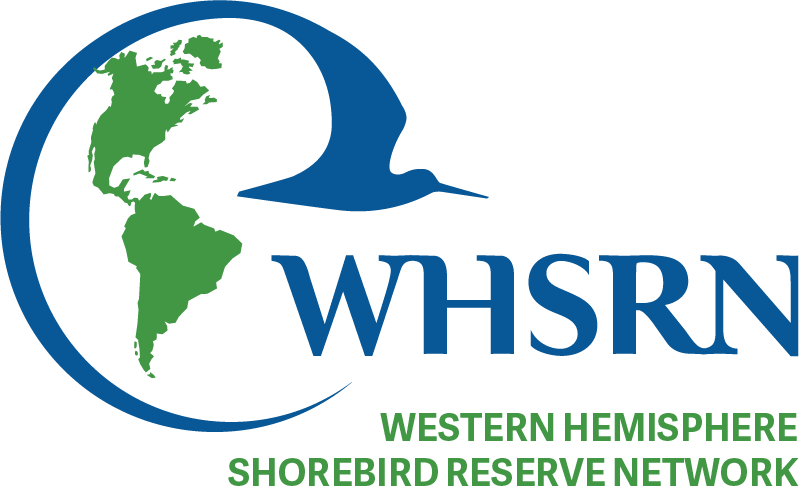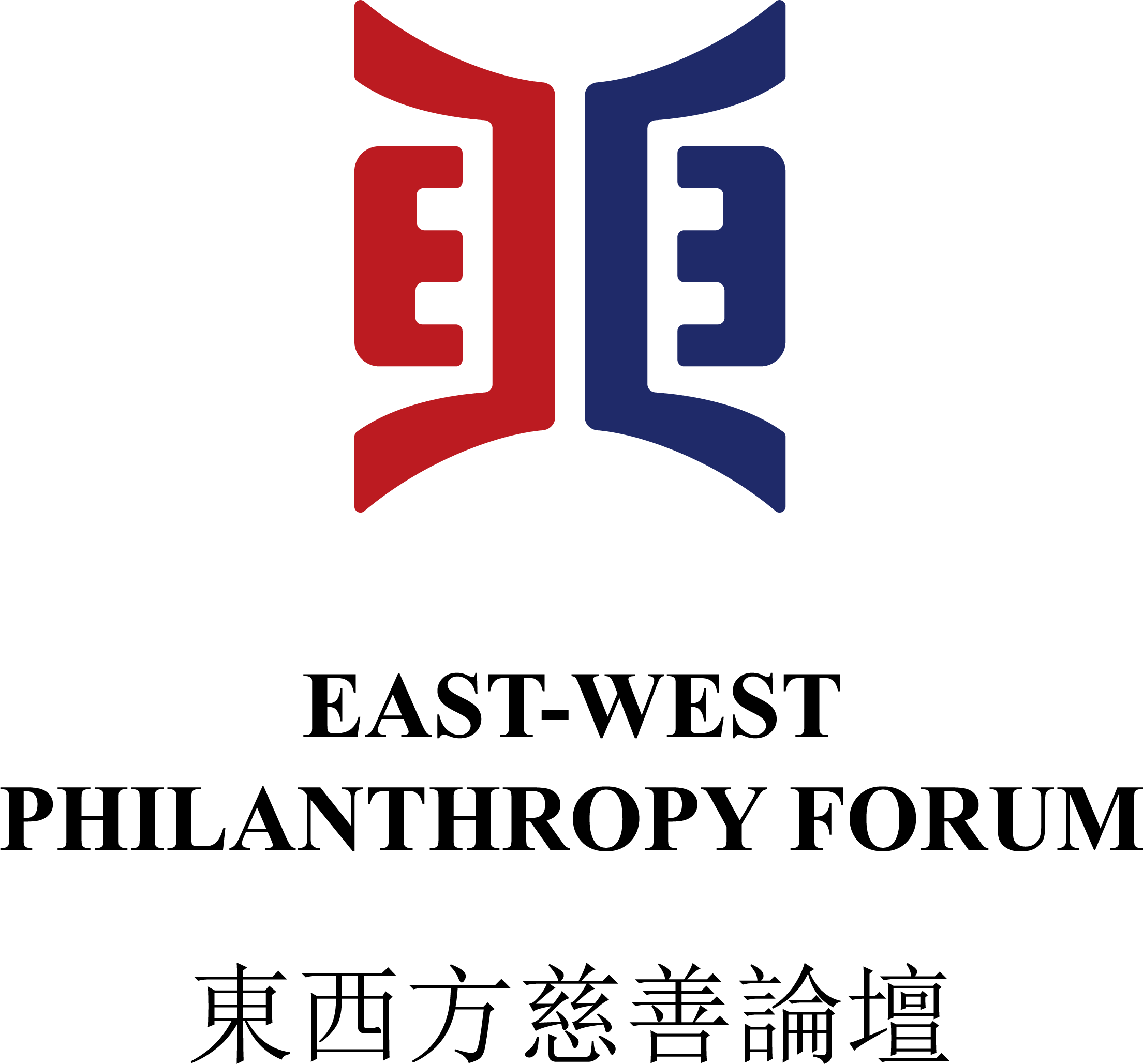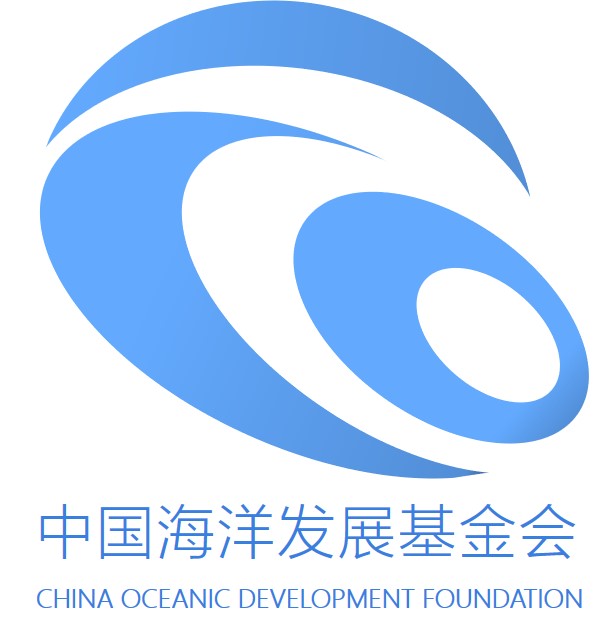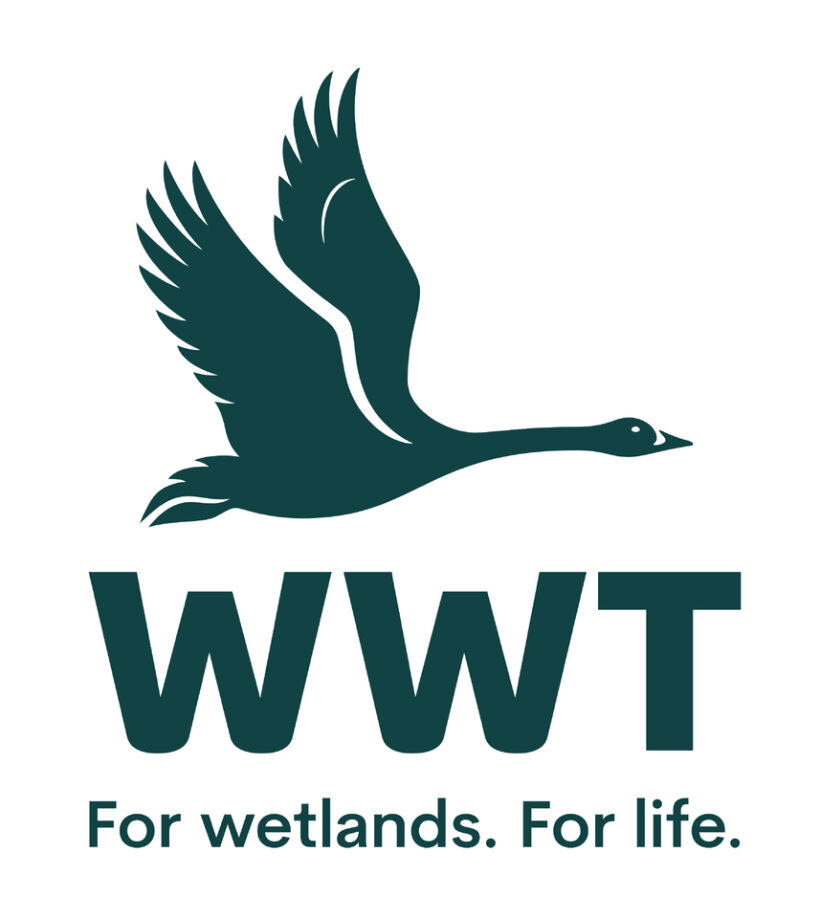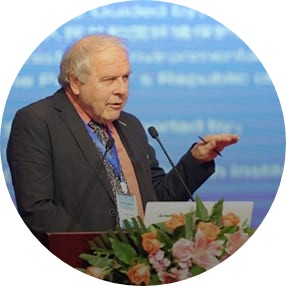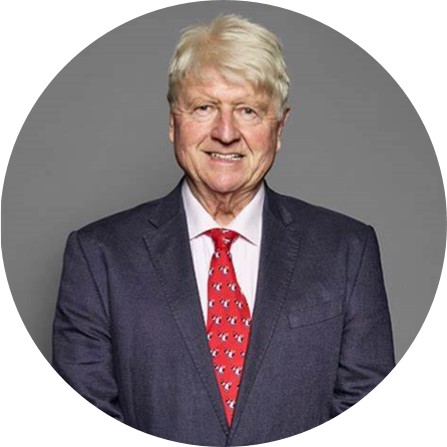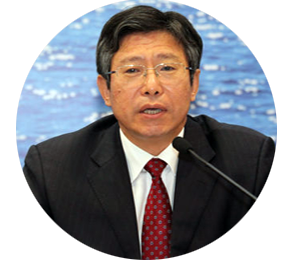WHY COASTAL ECOSYSTEMS?
Coastal wetlands and ecologically associated habitats, are of critical importance as nature-based solutions to the climate crisis; they protect coastal communities from sea level rise, they reduce disaster risk in the face of climate change-exacerbated extreme weather events and provide blue carbon storage. They also provide an effective connection between terrestrial and marine ecosystems, and a wide range of other ecosystem services, including fisheries, other natural products, recreation and tourism, and purification of water and air. Finally, they are often integrally linked to the livelihoods and wellbeing of local communities and provide essential economic opportunities for local people.
These ecosystems are also vital to the survival of many migratory species, such as waterbirds, that ecologically connect nations and continents. Indeed, as all seas are connected, coasts are the most internationally-shared ecosystems. The challenges and opportunities of managing them sustainably are similar the world over.
Despite their extreme importance, coastal ecosystems, including wetlands, are often poorly conserved, in part due to fragmented governance. In the face of sea level rise and other climate change effects, as well as rapidly declining biodiversity, there has never been a more urgent need for concerted actions from government agencies, business and other stakeholders to conserve these habitats, ensuring that any use of them is sustainable.
Vision
The vision of the WCF is that coastal ecosystems around the world are enhanced in terms of their biodiversity and ecosystem and cultural services, and that they benefit the livelihoods and wellbeing of coastal communities and multiple stakeholders.
2023 World Coastal Forum
The first global event of the newly established World Coastal Forum, jointly hosted by the People's Government of Jiangsu Province, the Ministry of Natural Resources (MNR) of China, and the National Forestry and Grassland Administration (NFGA) of China, was held in Yancheng City, Jiangsu Province in China between 25 and 27 September 2023. The conference was supported by the World Coastal Forum Coordination Group facilitated by Eco Foundation Global and BirdLife International, including representatives from government agencies, international conventions, non-government organisations and advisors. The conference's theme was "Our Coasts: Harmony between People and Nature".
Over 1,000 participants from government departments, local governments, UN-related agencies, relevant international organizations, academic institutions, business and youth representatives from 34 countries participated mainly in person.
Mission
The mission of the WCF is to catalyse, facilitate and promote local, national and international efforts that support synergistic delivery of international commitments to protect, conserve, sustainably manage and restore coastal ecosystems, building on science and evidence-based actions.
AND
Participants of World Coastal Forum Coordination Group
Join the Conversation
Every action, no matter the scale, has the power to incite change. Dive into the myriad of ways you can contribute to the preservation and restoration of our coastal ecosystems through the World Coastal Forum's diverse initiatives.
-
1. Institutional Framework Task Team
Co-leads: Tim Badman (International Union for Conservation of Nature), Guo Yinfeng (National Marine Hazard Mitigation Service, Ministry of Natural Resources, PRC)
Members: Vinayagan Dharmarajah, Jens Enemark, Stanley Johnson, Luo Gang, Spike Millington, Taej Mundkur, Rose Niu, Ivan Ramirez, Wang Qinghong, Zhang Hai, Zheng Sixian, Zhou Rui
2. International Engagement Task Team
Co-leads: Nicola Crockford (Principal Policy Officer of Royal Society for the Protection of Birds) , Luo Ming (Key Laboratory of Consolidation and Rehabilitation, Ministry of Natural Resources, PRC)
Members: Rob Clay, Stanley Johnson, Rong Linyun
3. Local Government and Subnational Engagement Task Team
Co-leads: Ingrid Coetzee (ICLEI – Local Governments for Sustainability), Zhu Shu (ICLEI – Local Governments for Sustainability)
Members: Yuan Quan
4. Stakeholder Mapping Task Team
Co-leads: tbd
Members: Micha Jackson, Li Yan, Song Feng
5. Science and Evidence Task Team
Co-leads: William Sutherland (University of Cambridge, United Kingdom), Micha Jackson (Commonwealth Scientific and Industrial Research Organisation, Australia), Lu Wenhai (National Marine Data & Information Service, PRC)
Members: Rob Clay, Richard Fuller, Ward Hagemeijer, Jiang Hongxing, Taej Mundkur, Li Xiuzhen, Tim McGrath, Nicholas Murray, Qian Fawen, Purvaja Ramachandran, Shi Jianbin, Zhou Xiuqing
6. Wetland Restoration
Co-leads: Agustín Sánchez-Arcilla (Universitat Politecnica de Catalunya, Spain), Carles Ibáñez (IRTA, Spain)
Members:tbd
7. Communication, Capacity Building, Education, Participation and Awareness (CEPA)
Co-Leads:Chris Rostron (WWT, United Kingdom)
Members:tbd
We sincerely invite you to join in this concerted action to conserve coastal ecosystems for current and future generations of wildlife and people.




